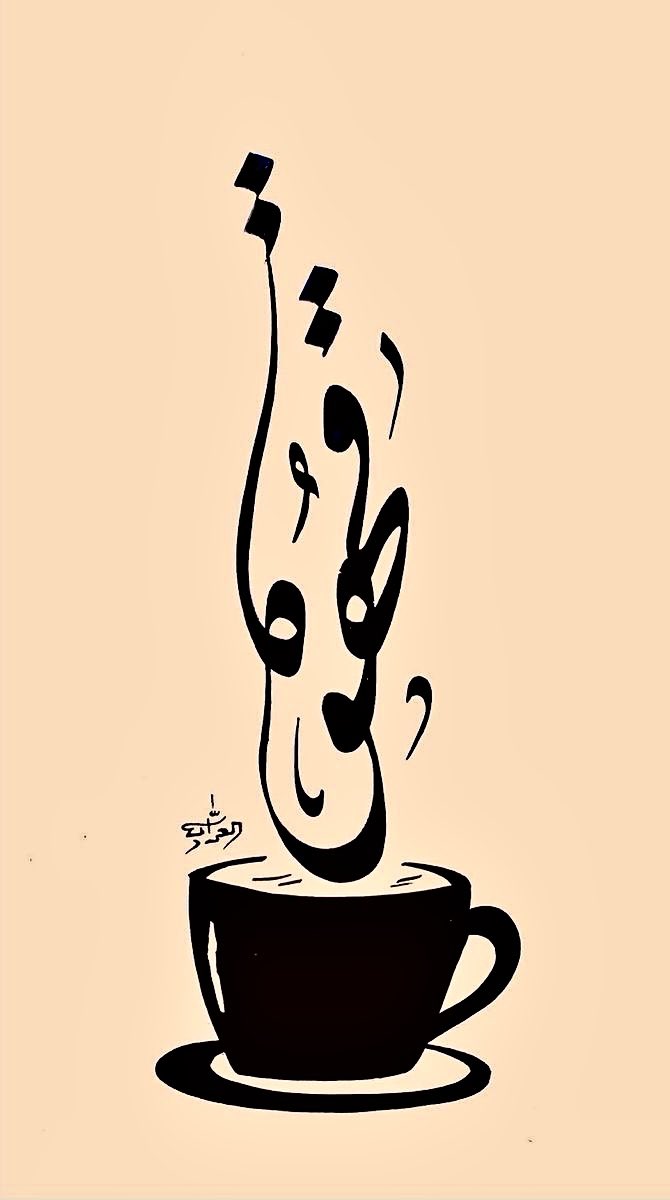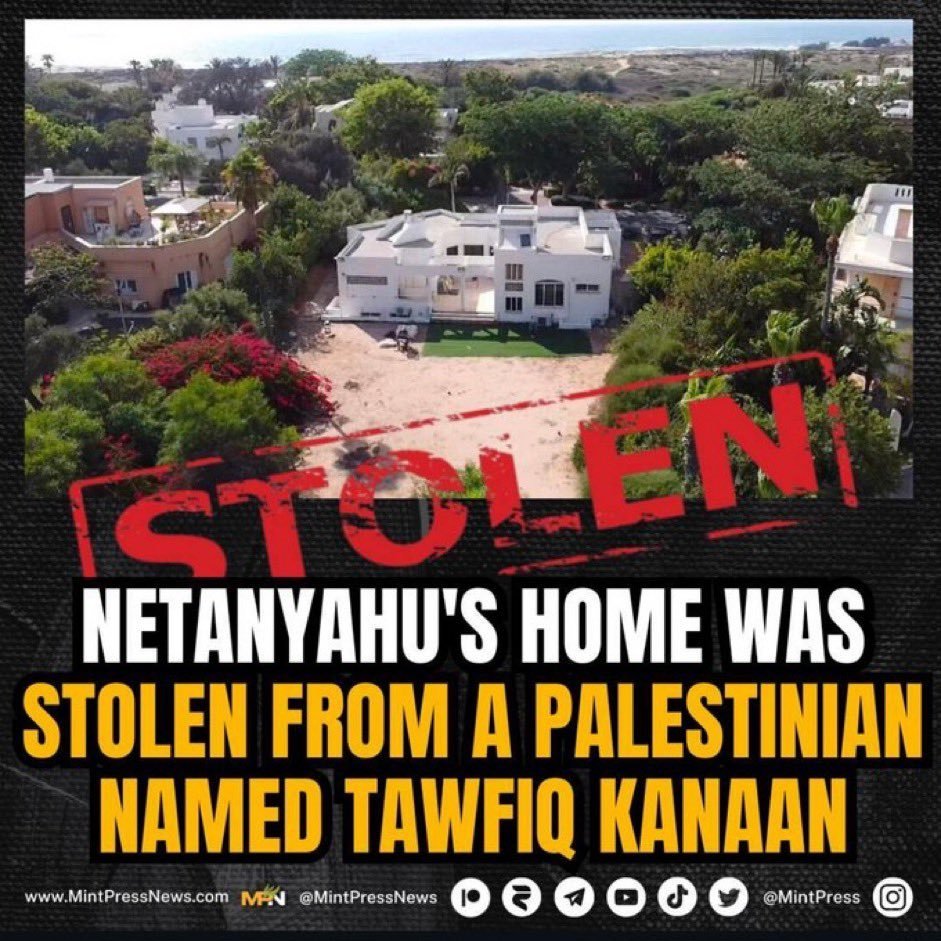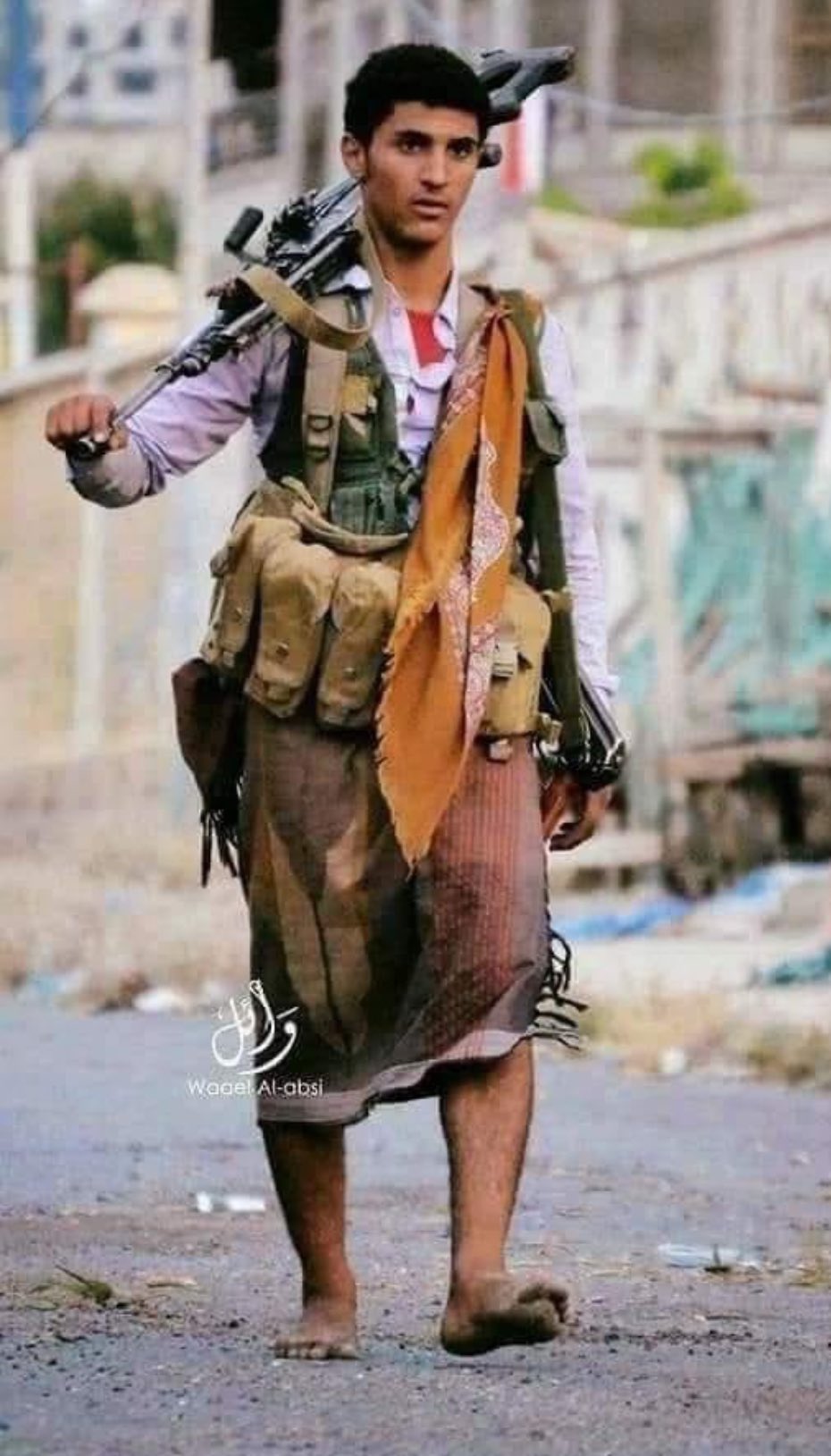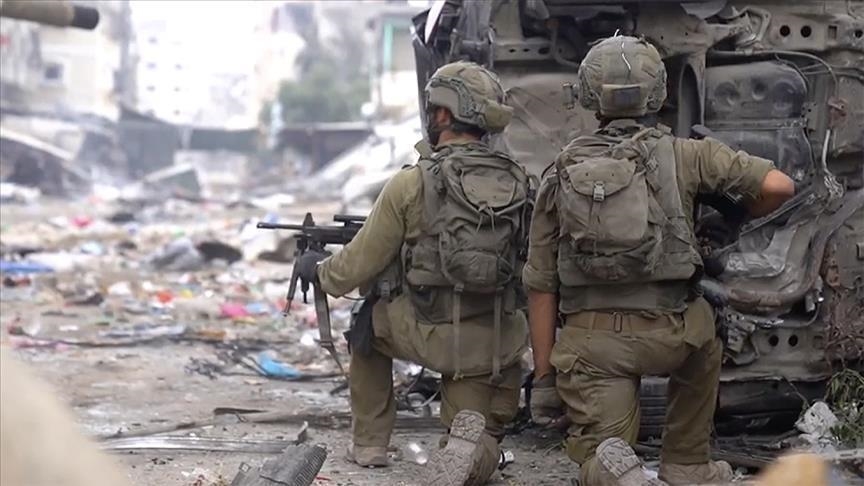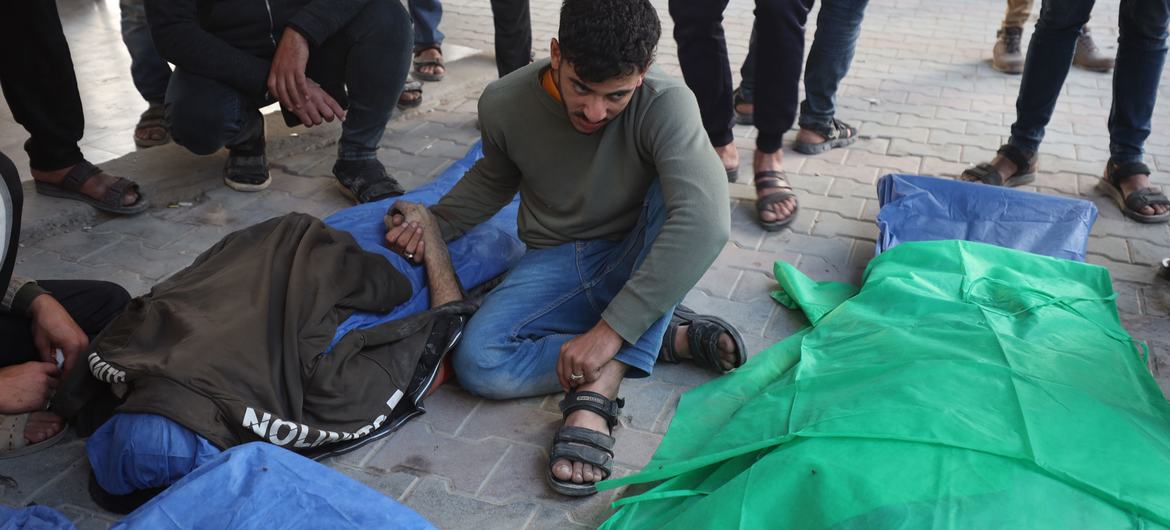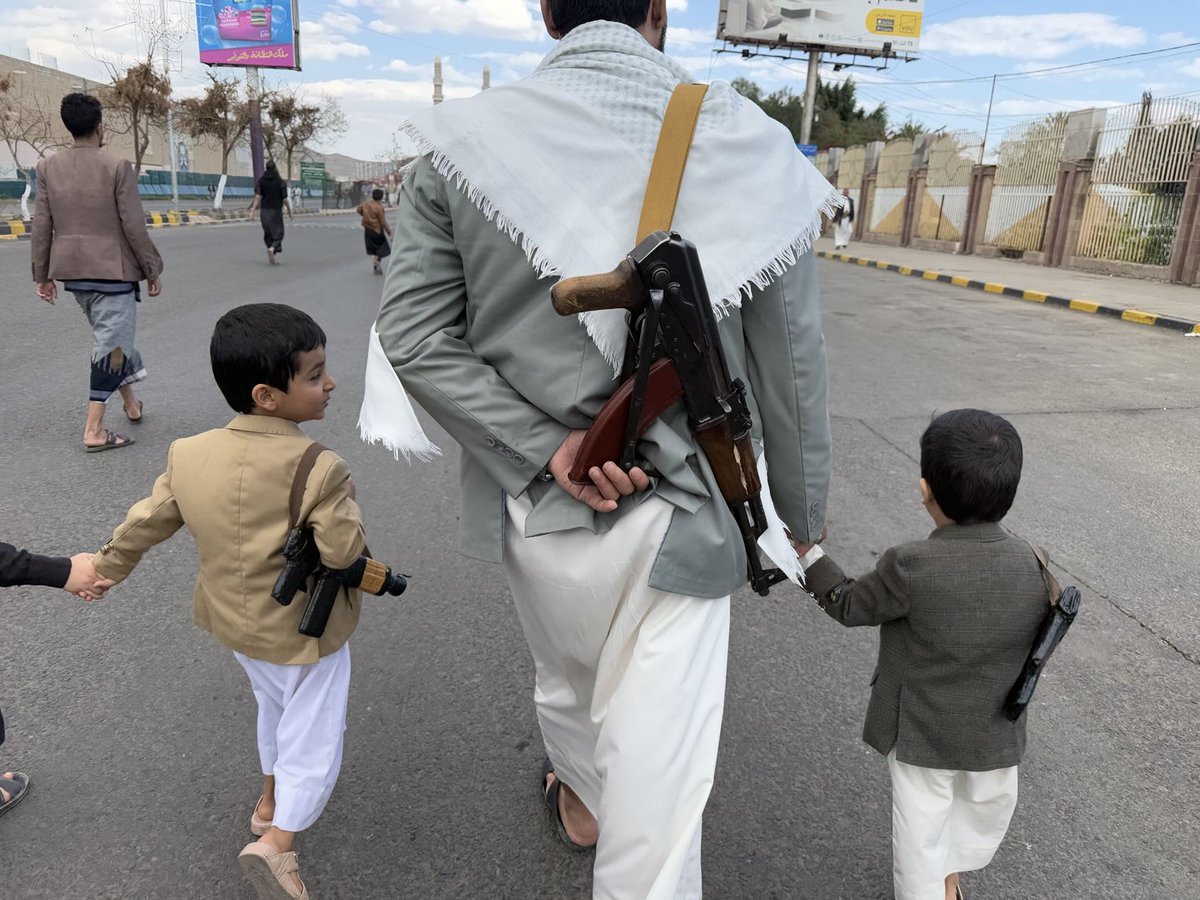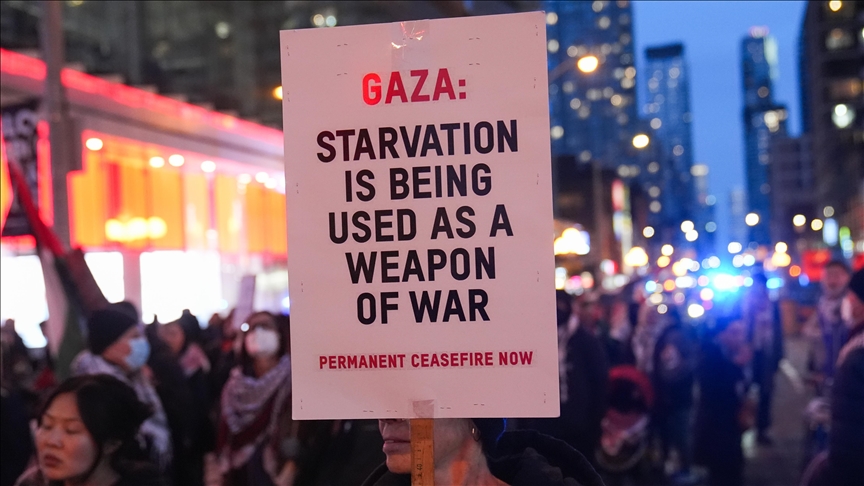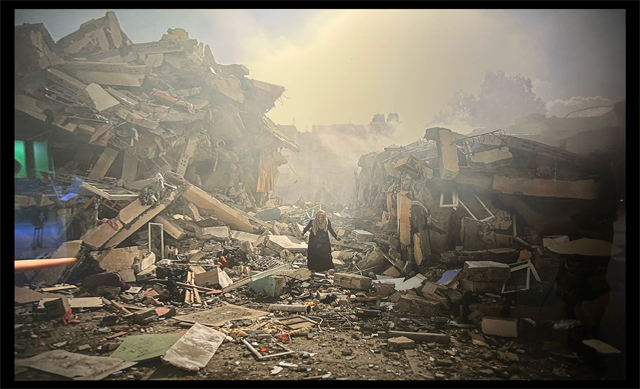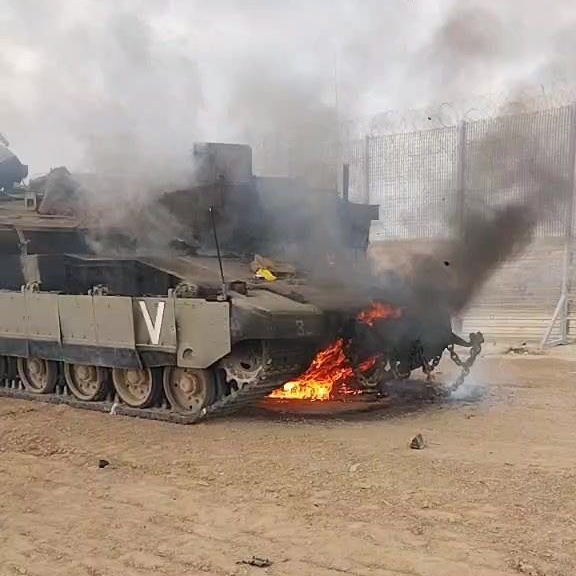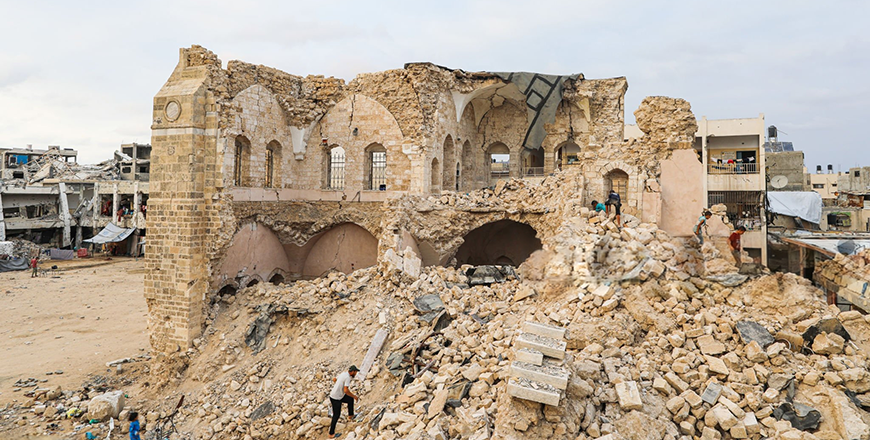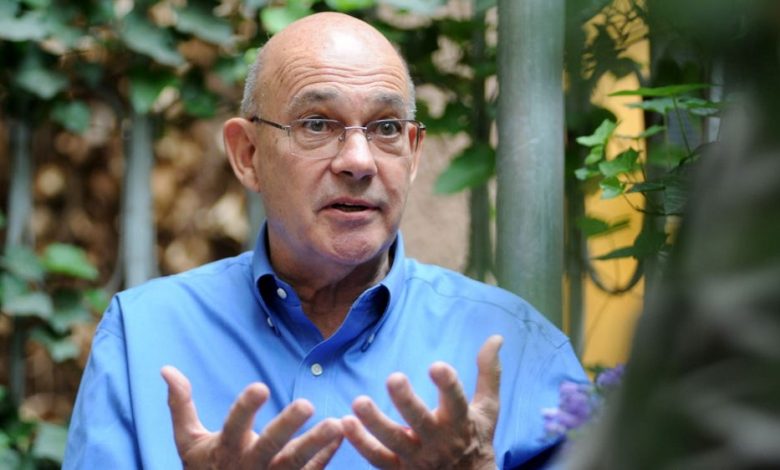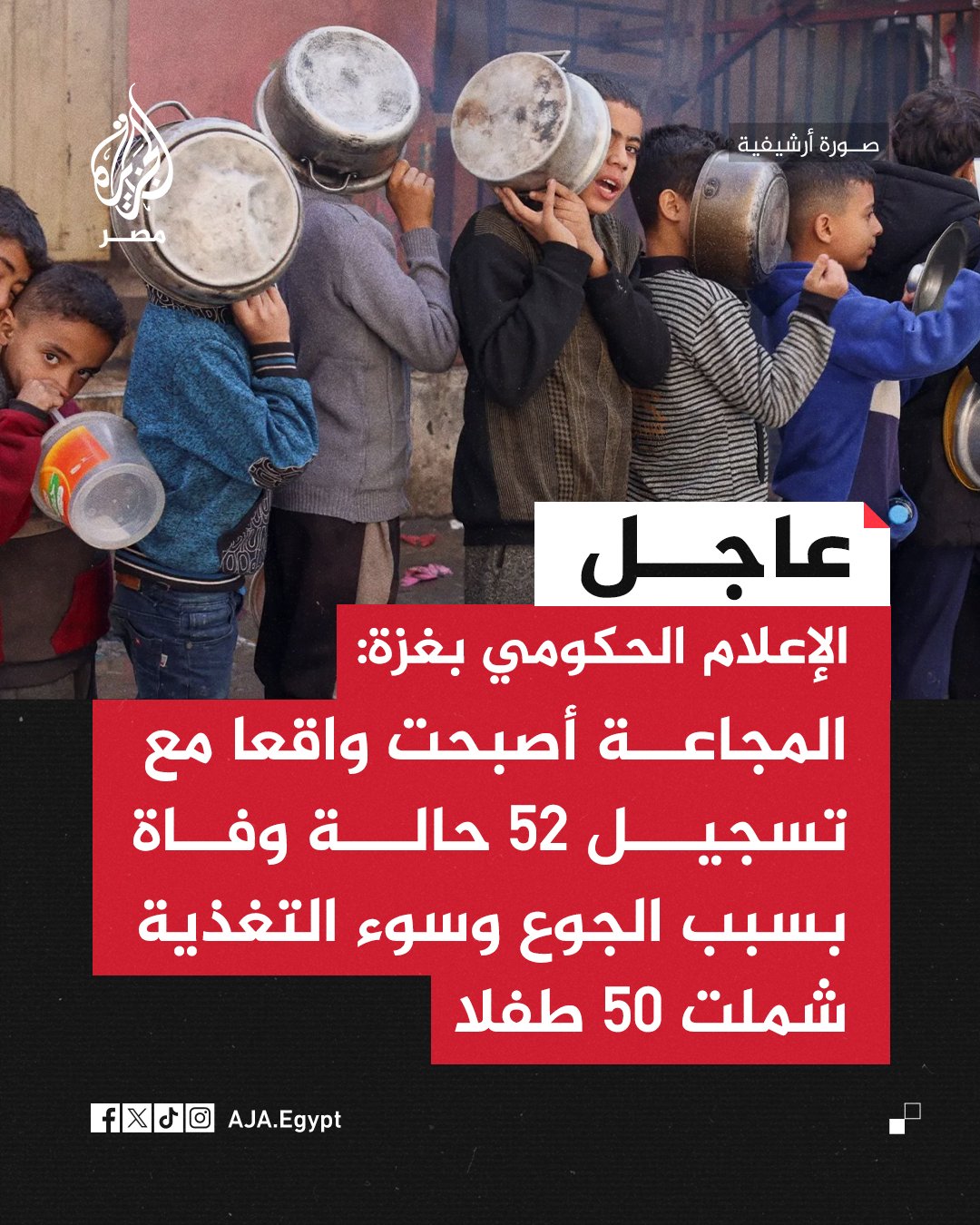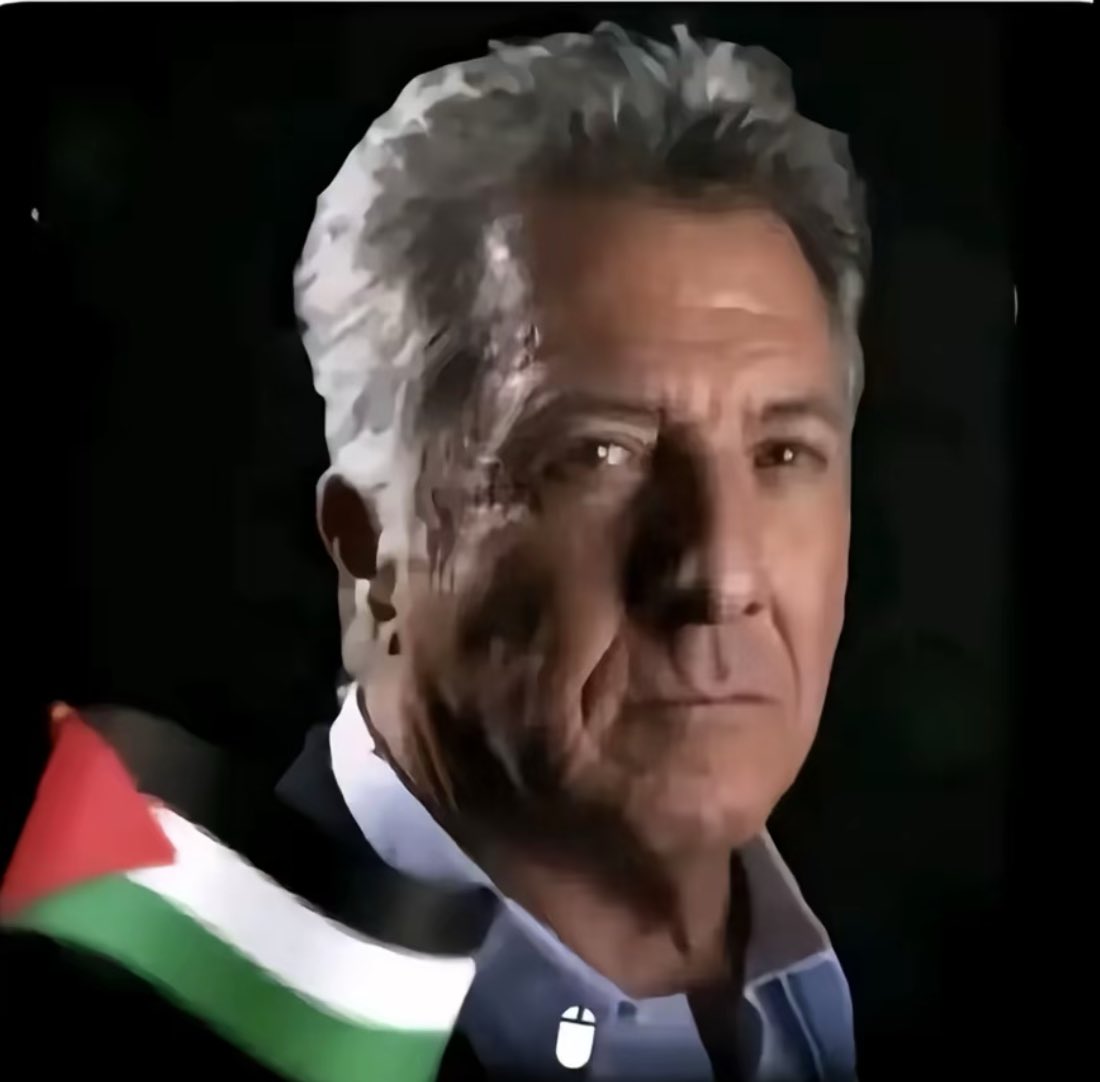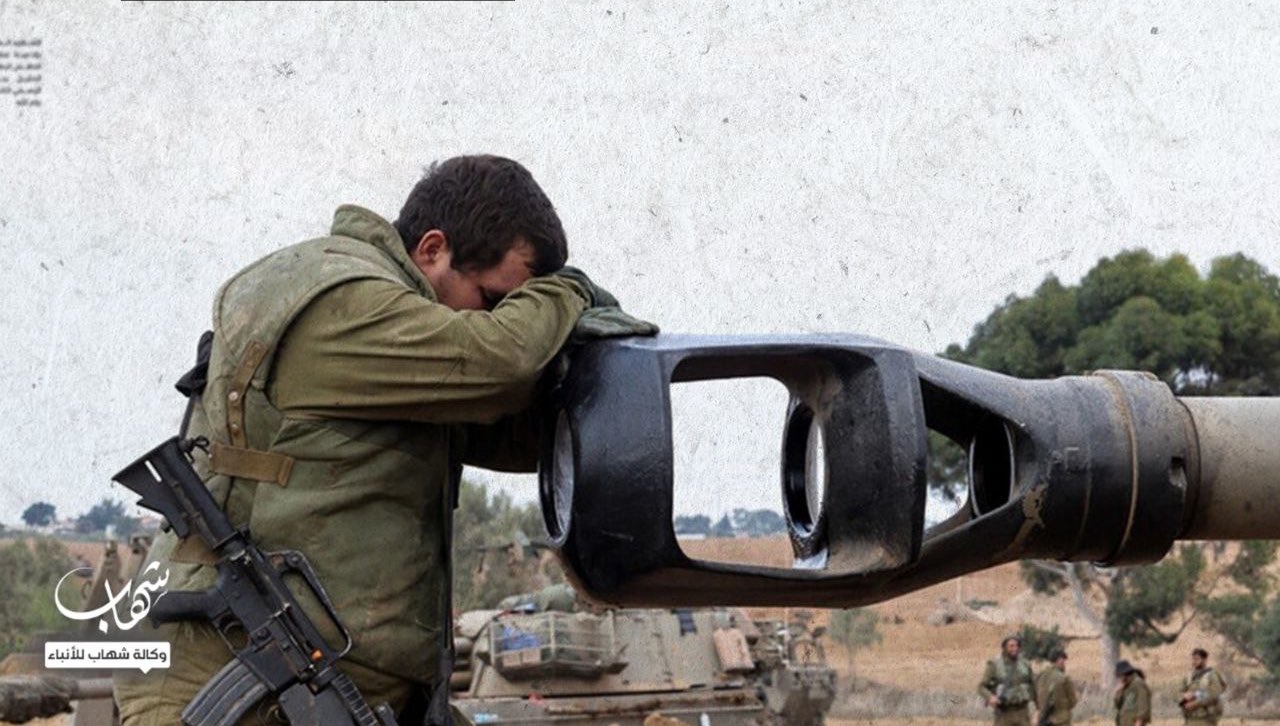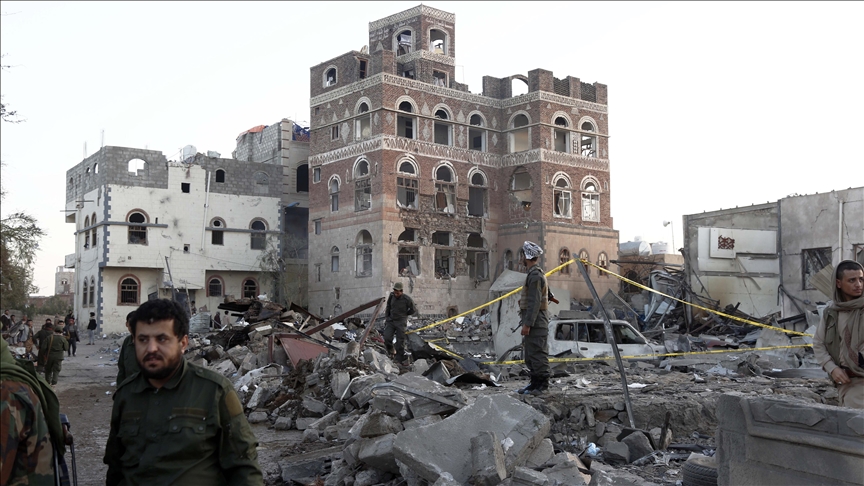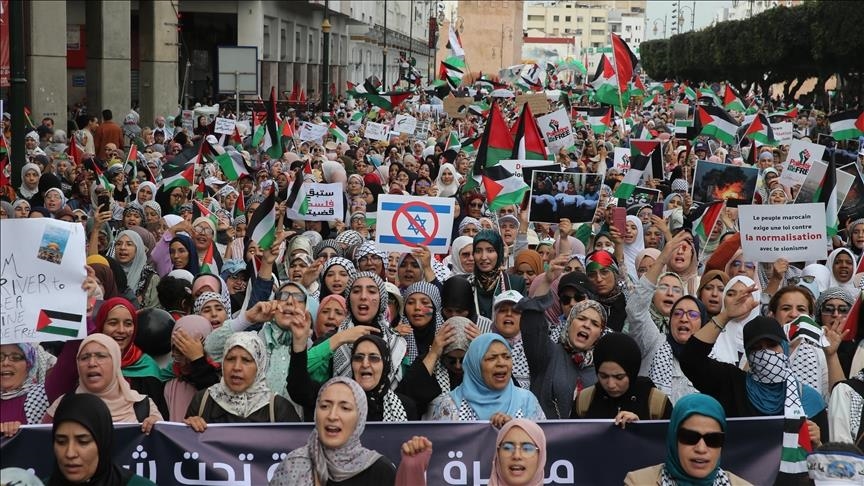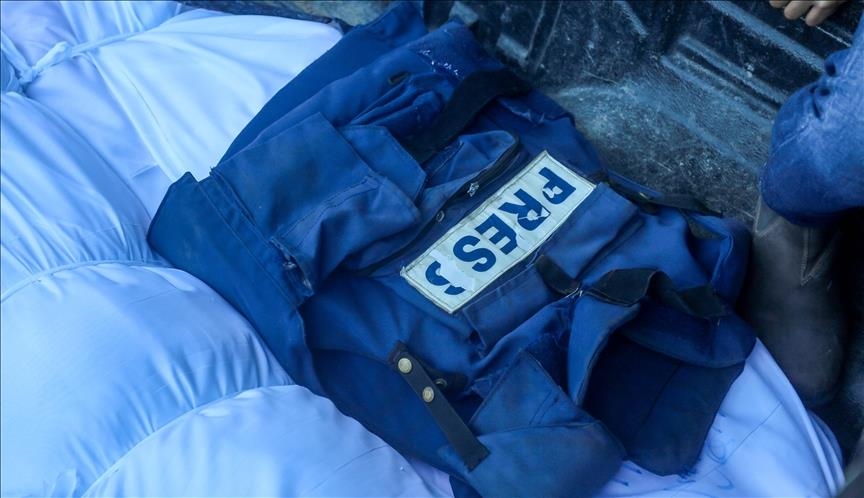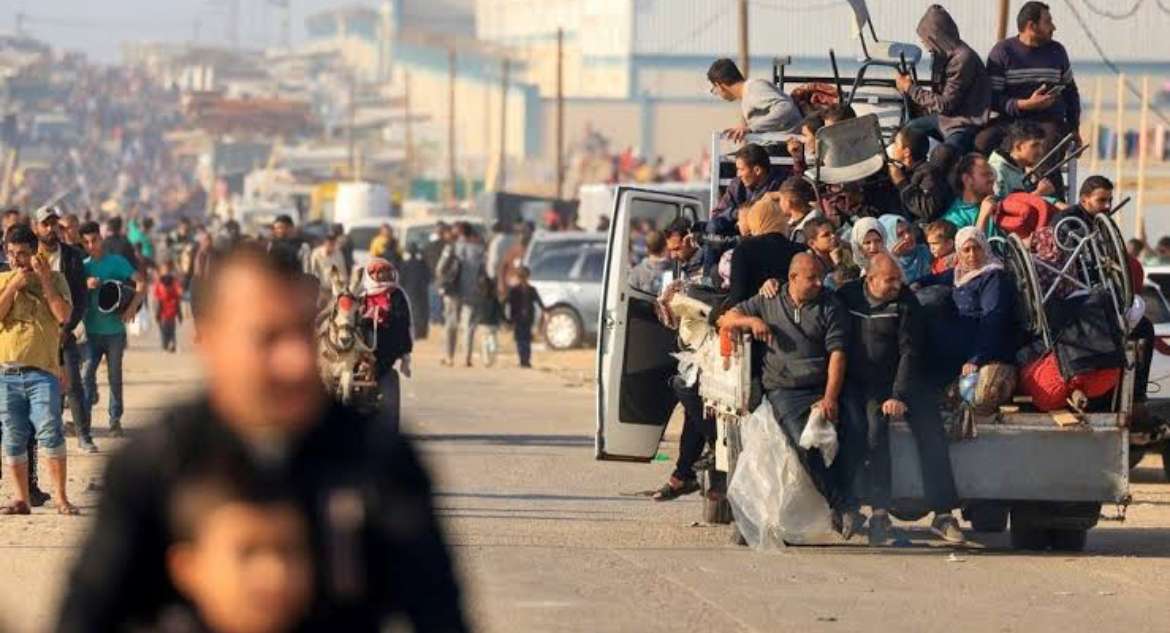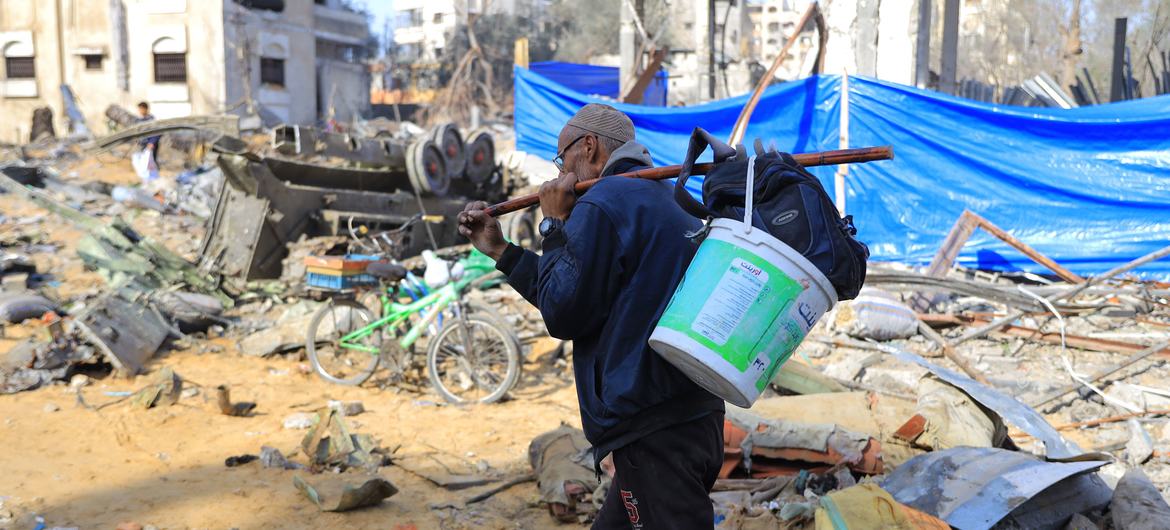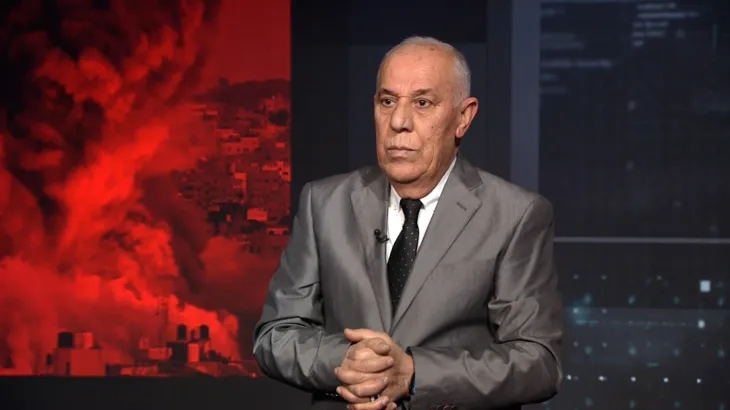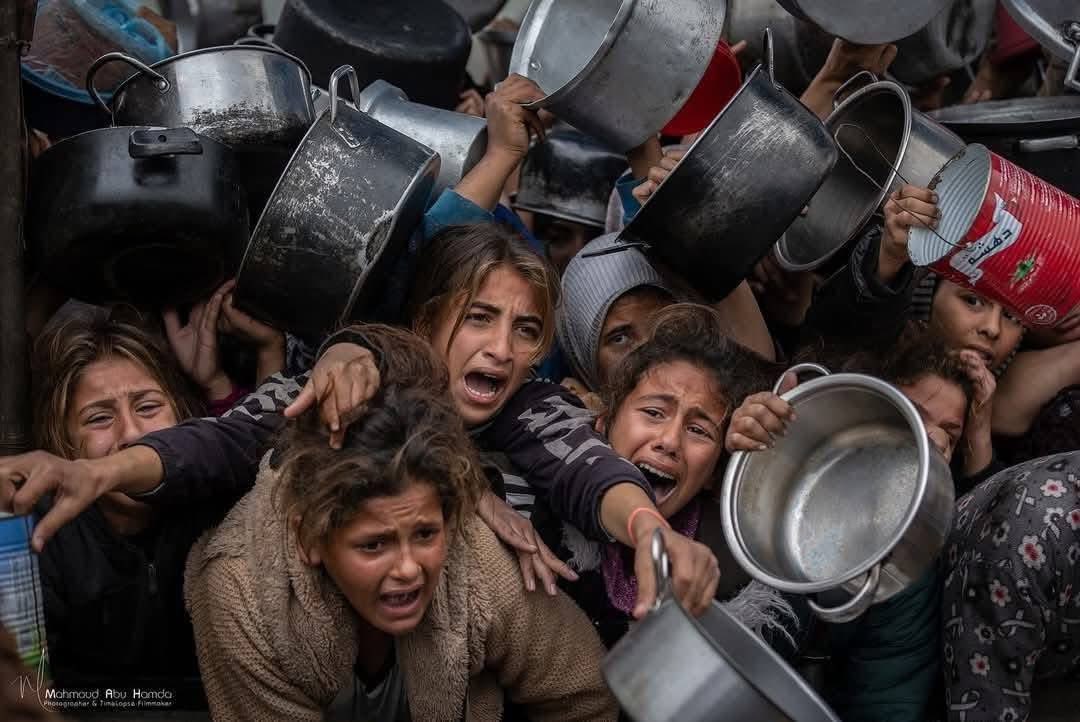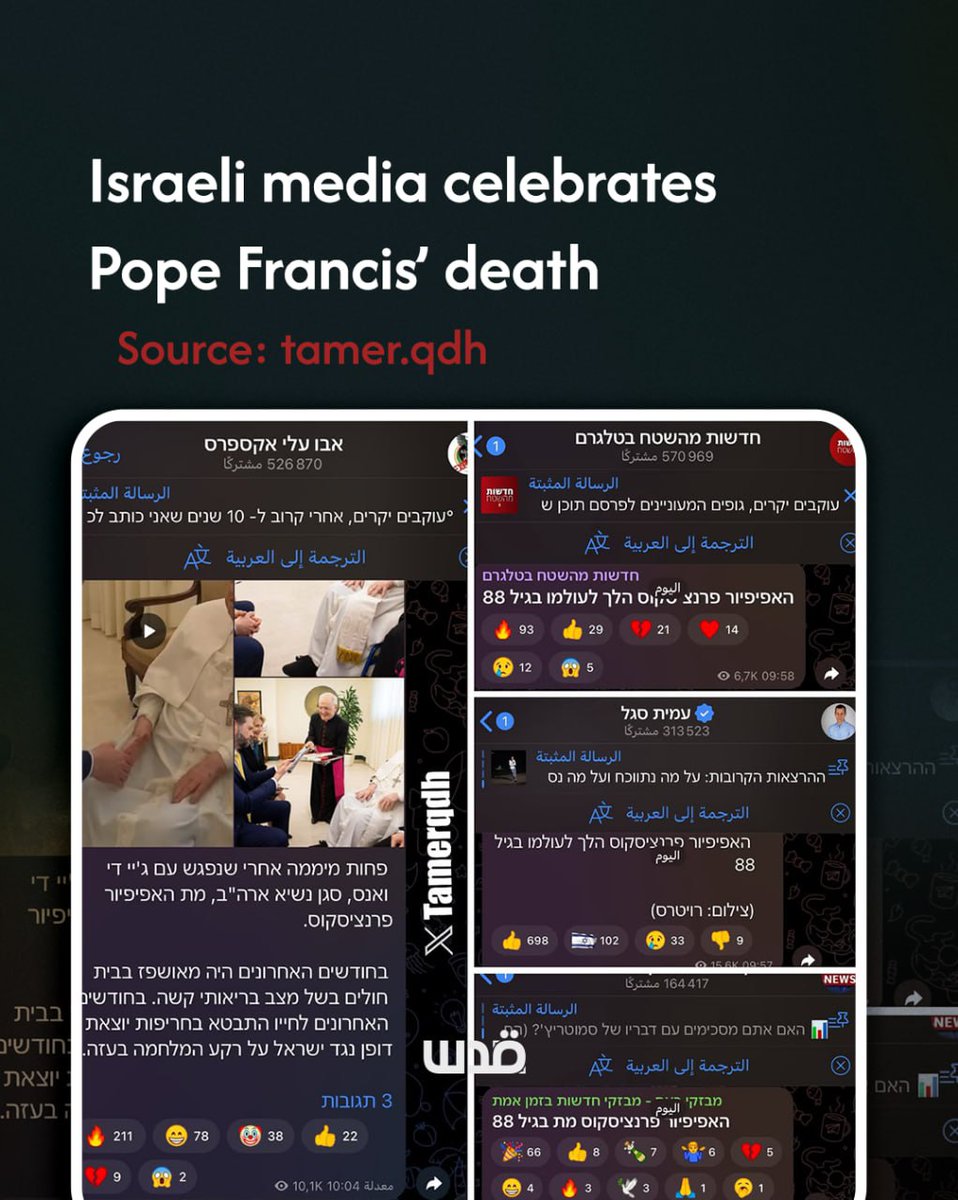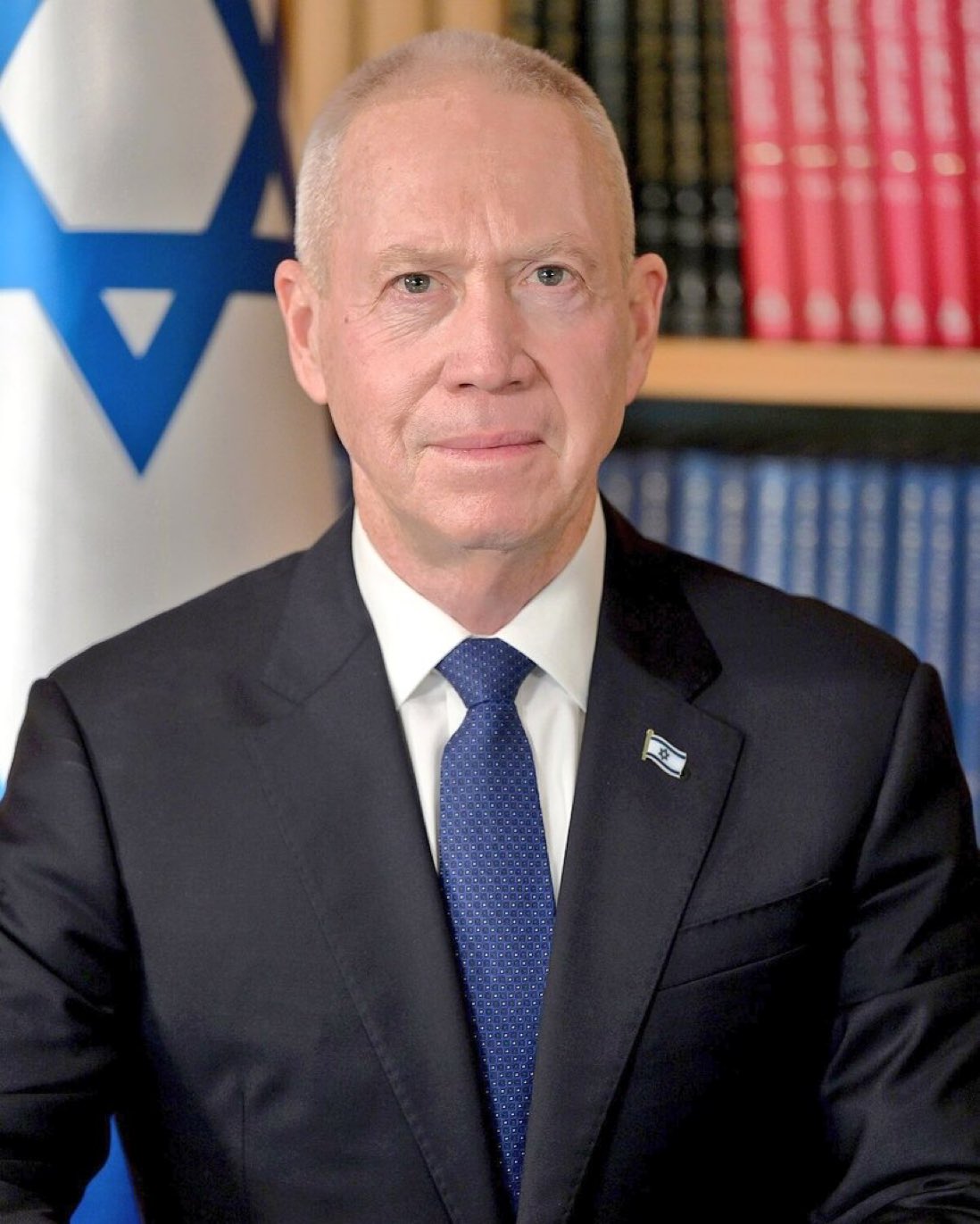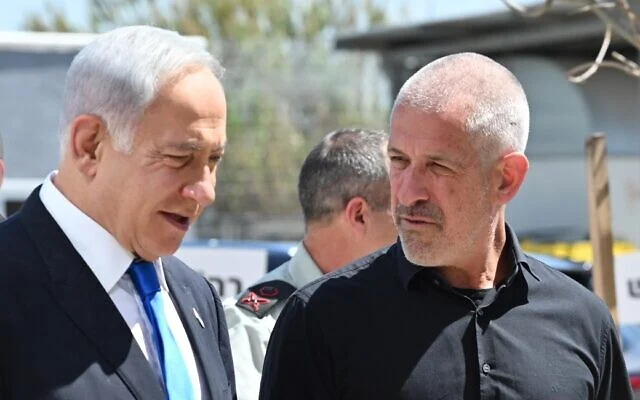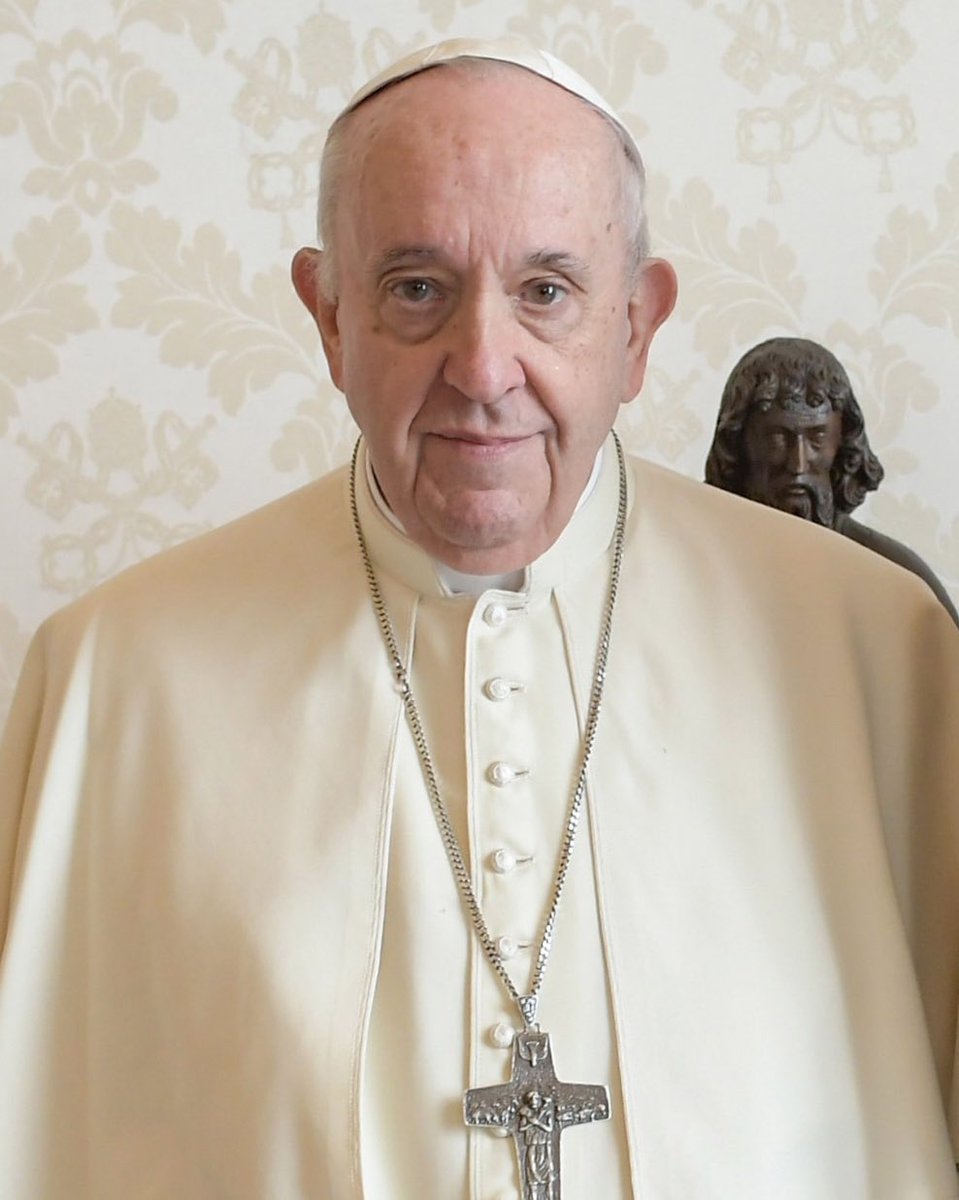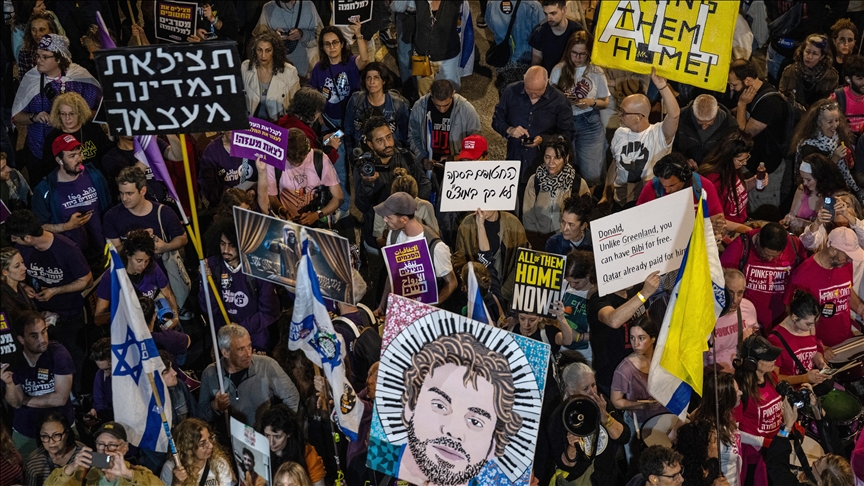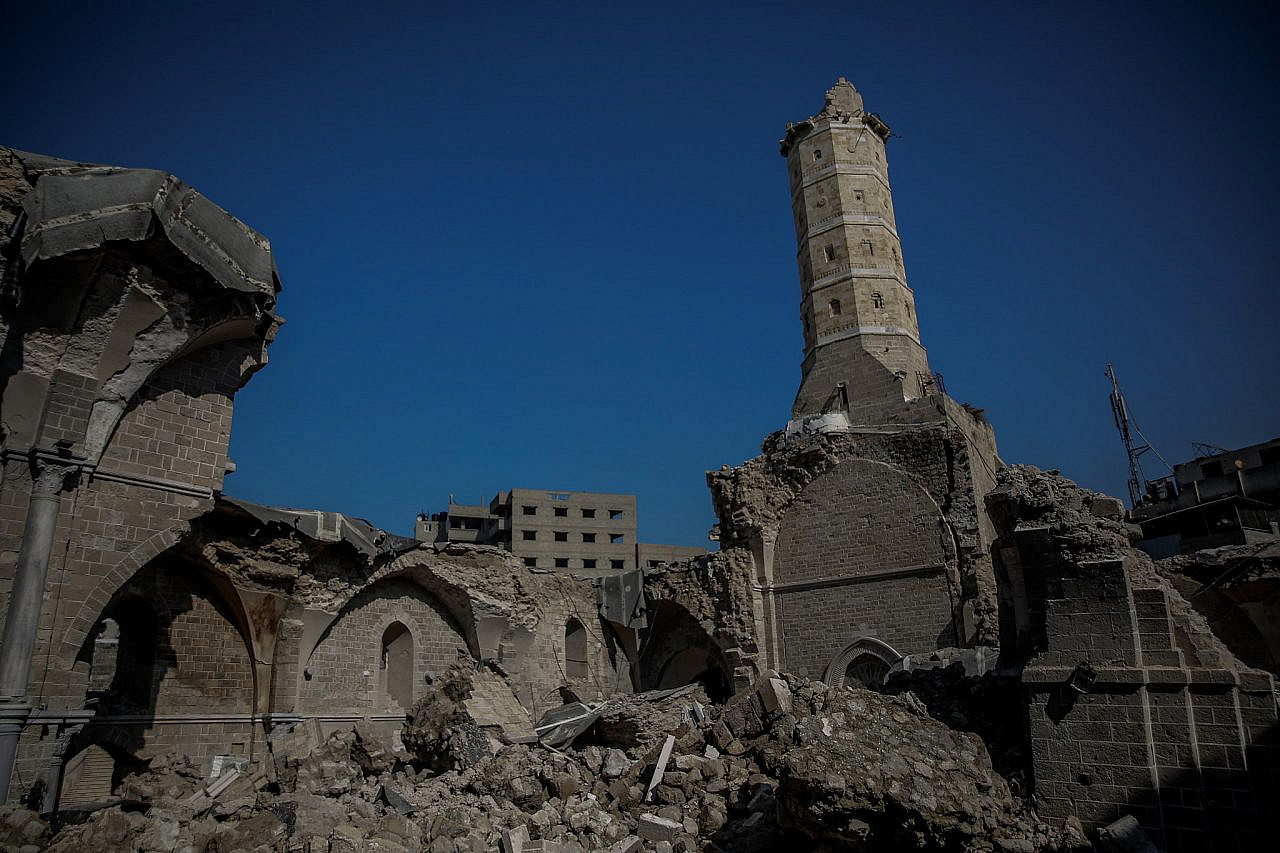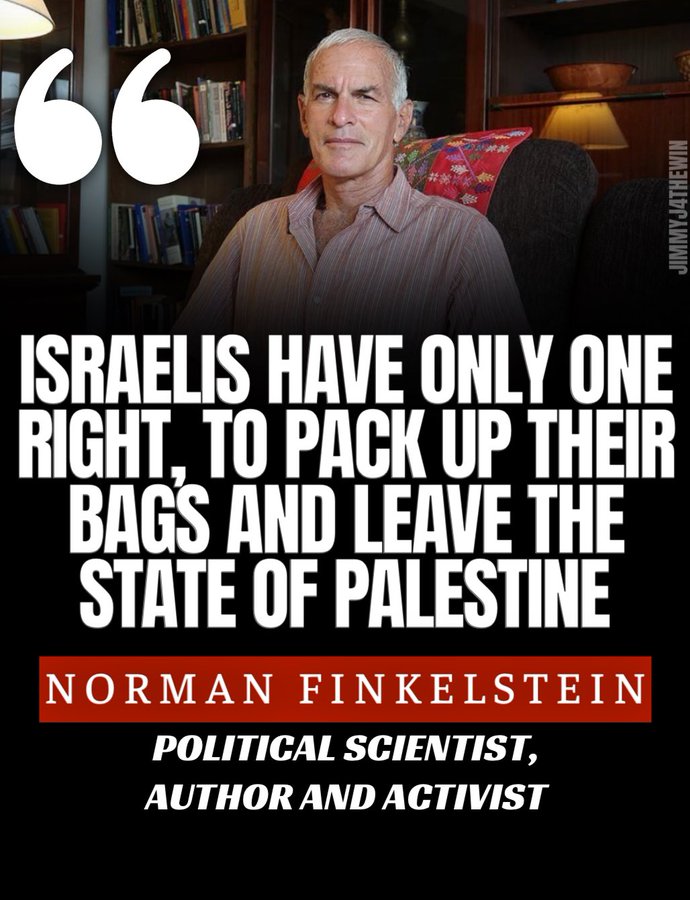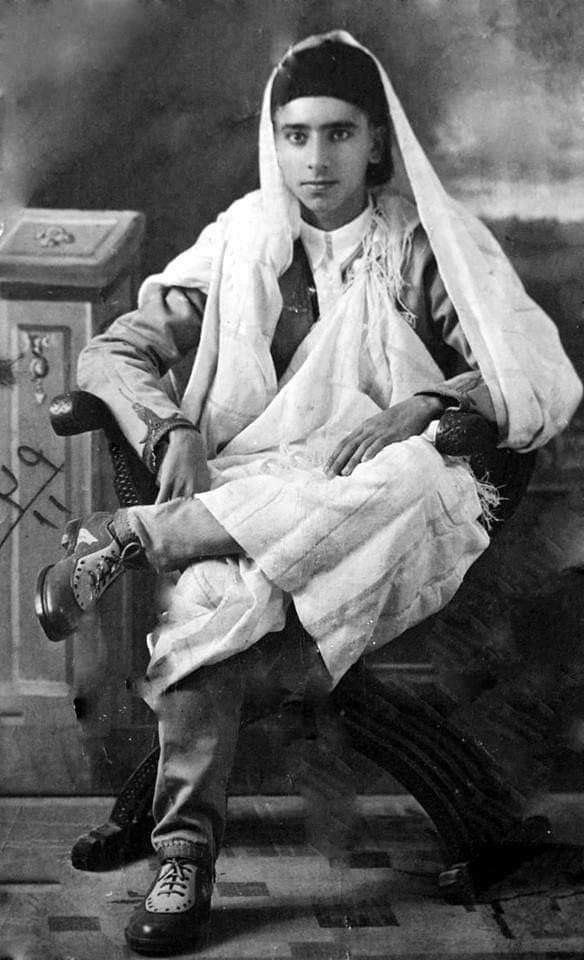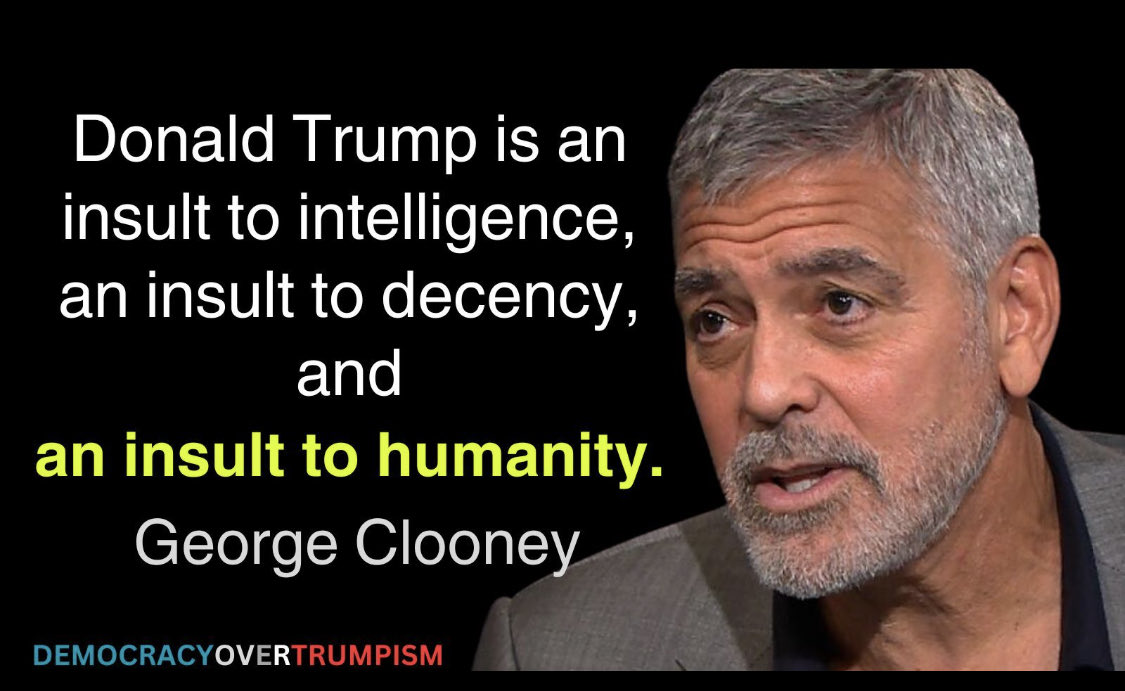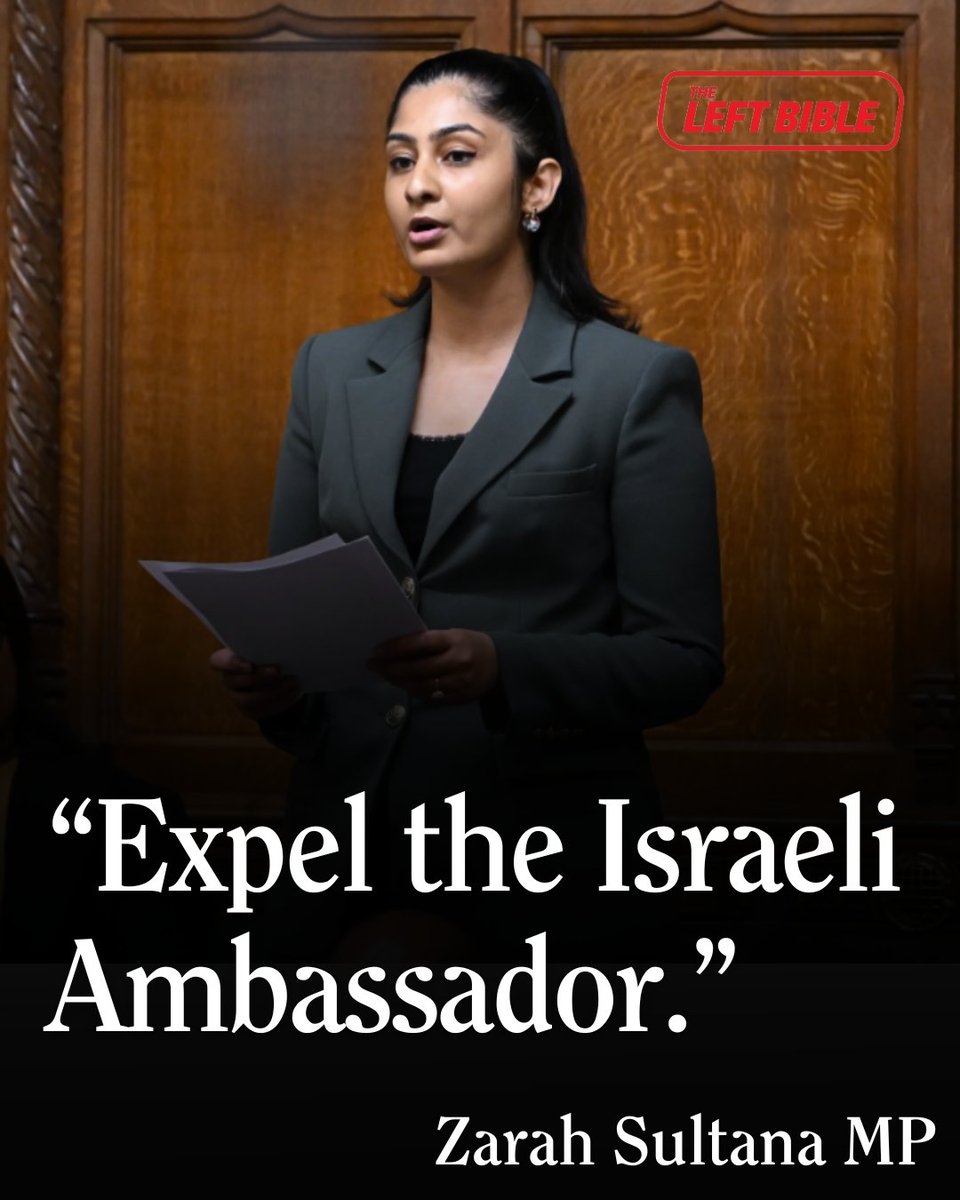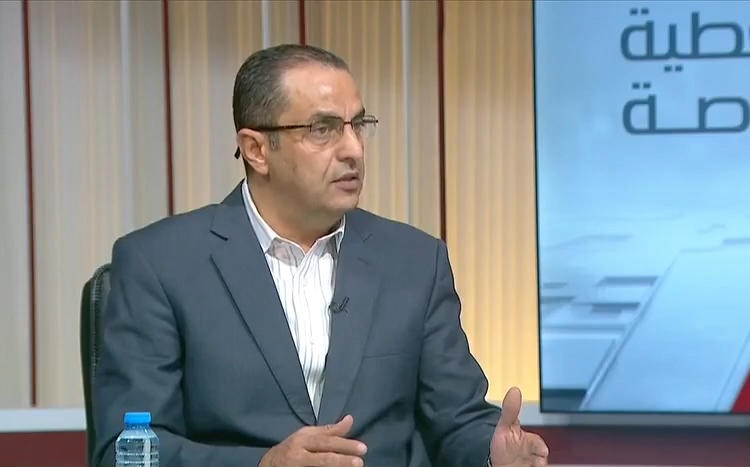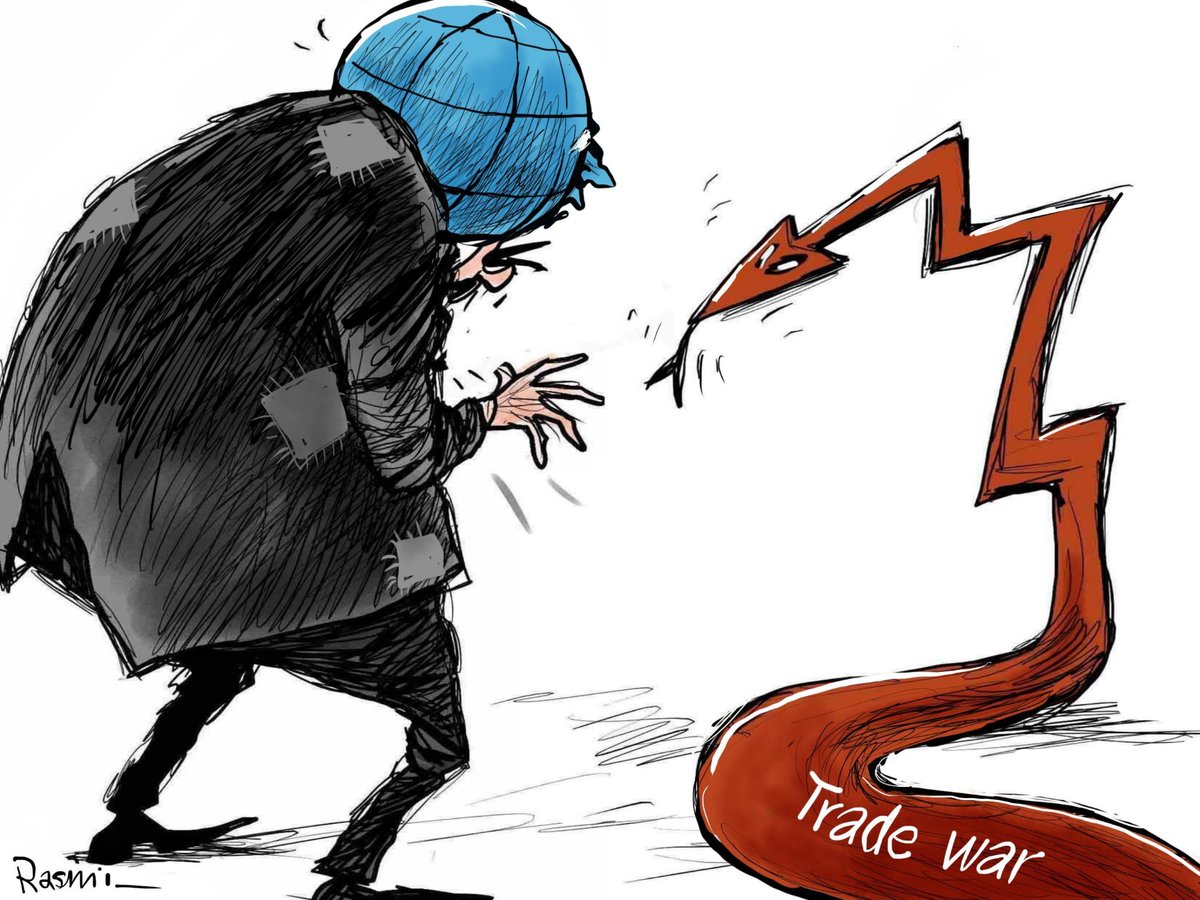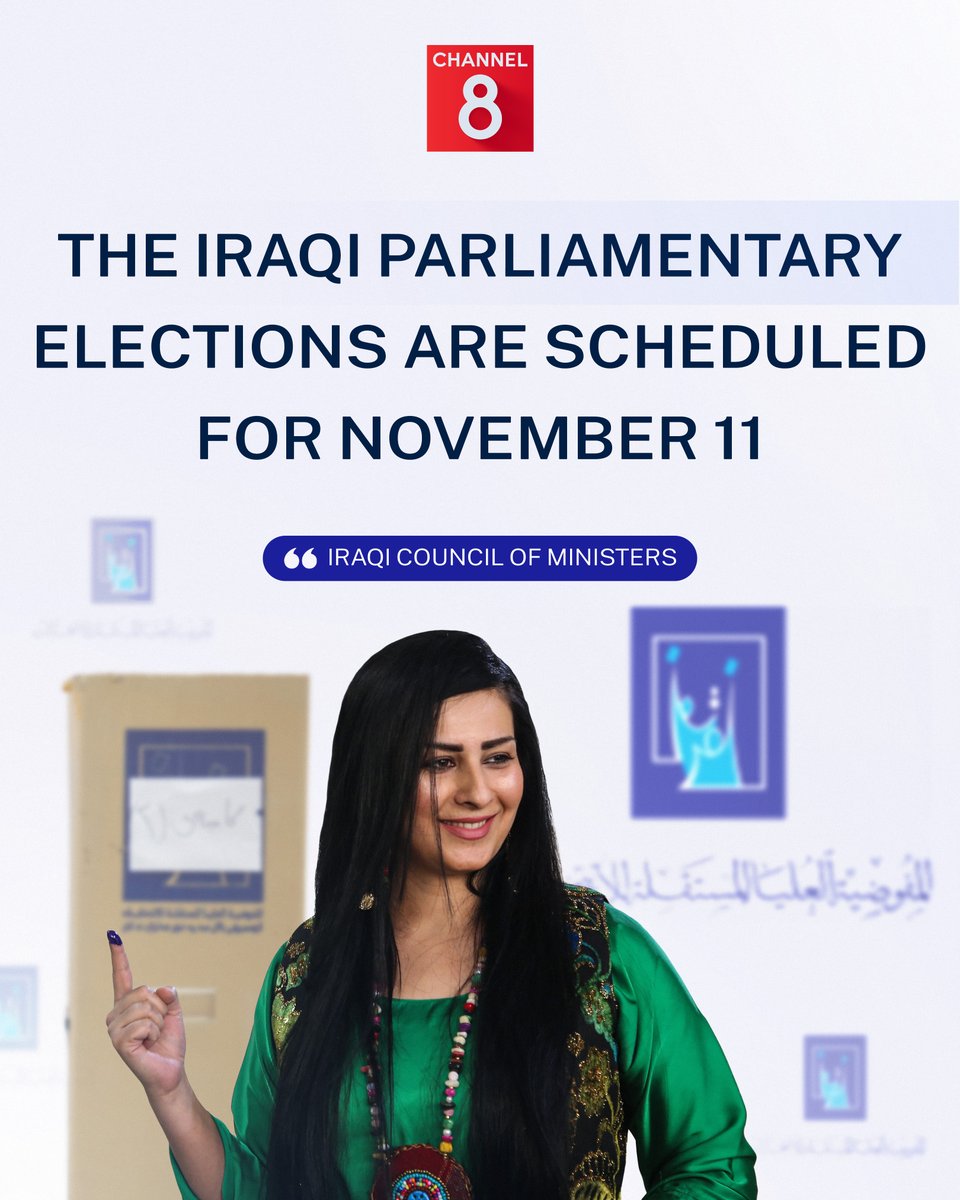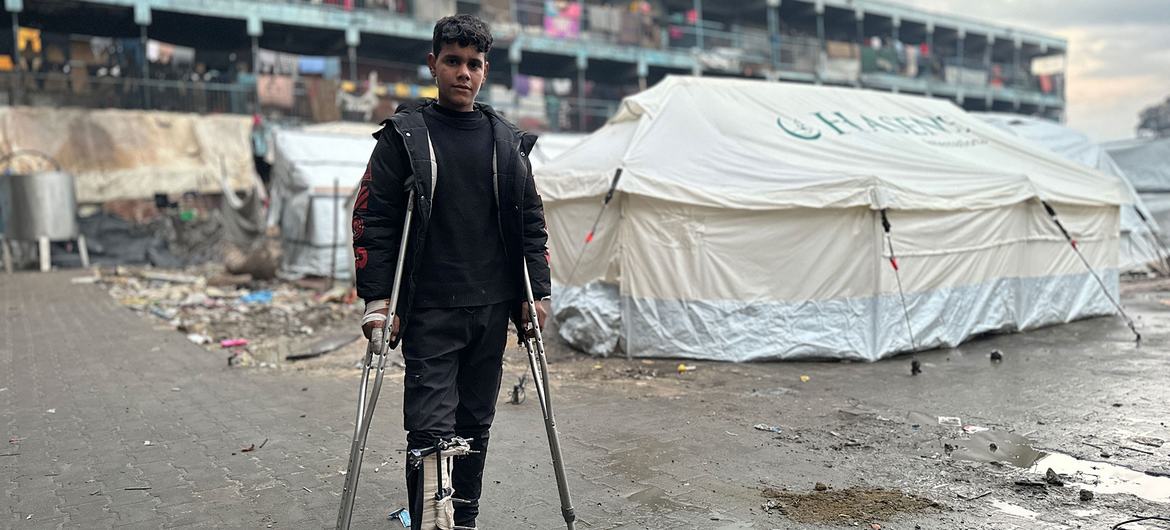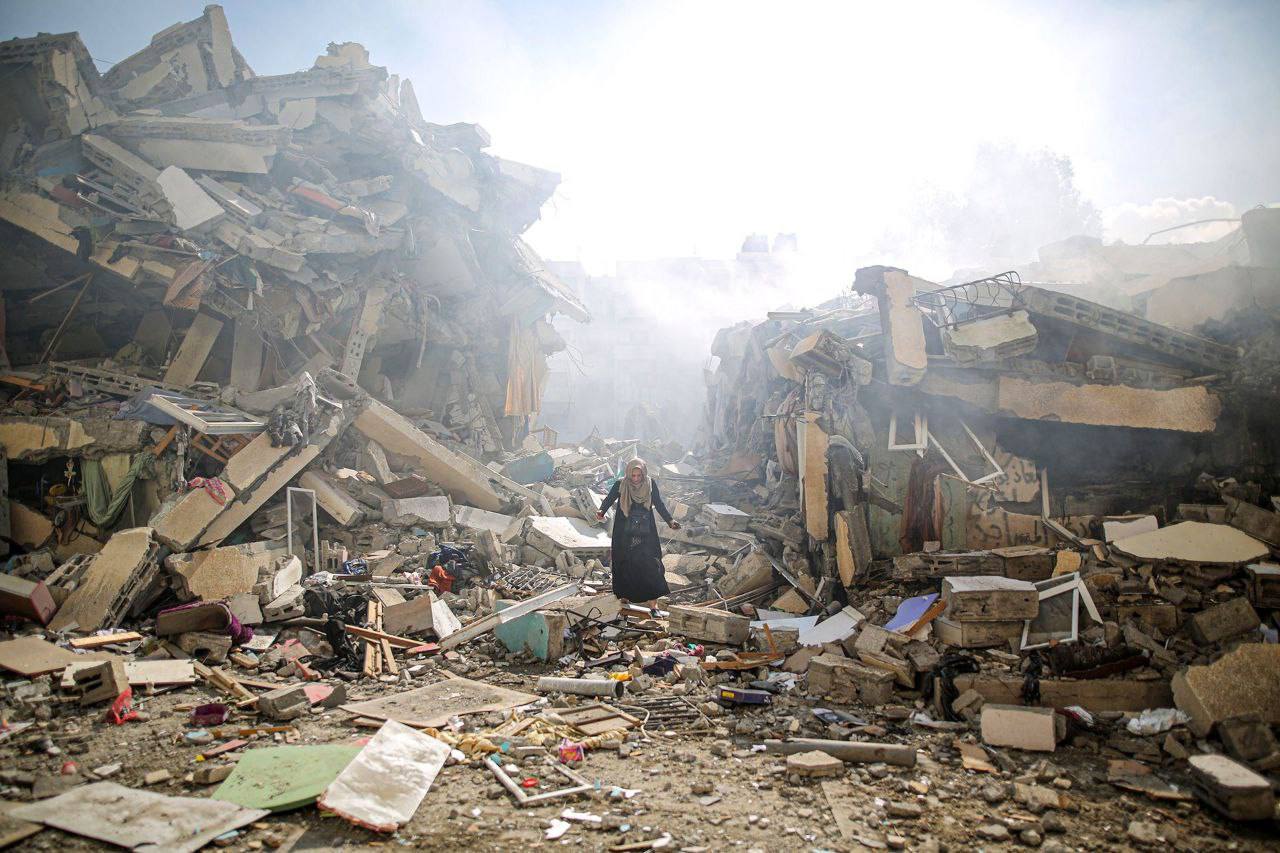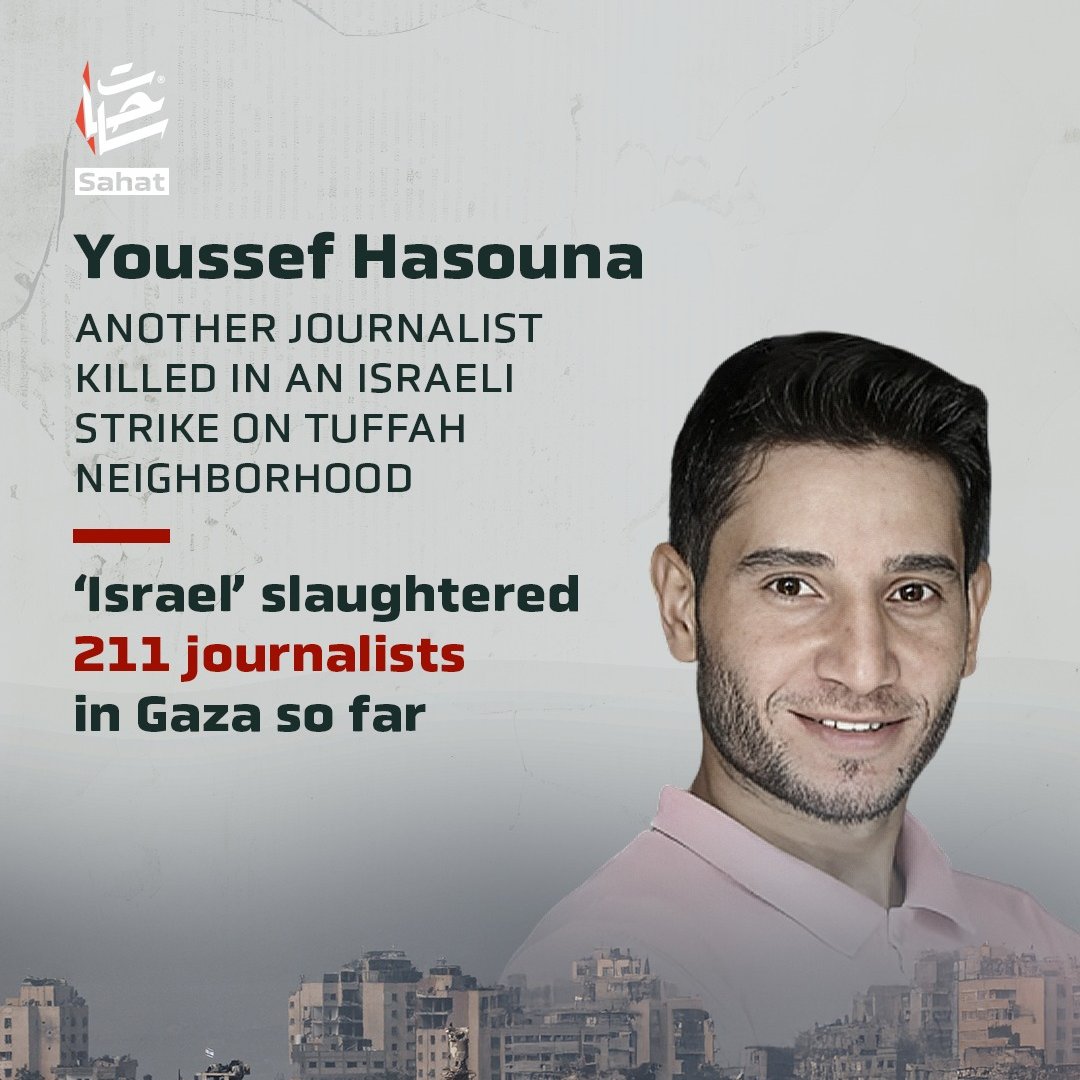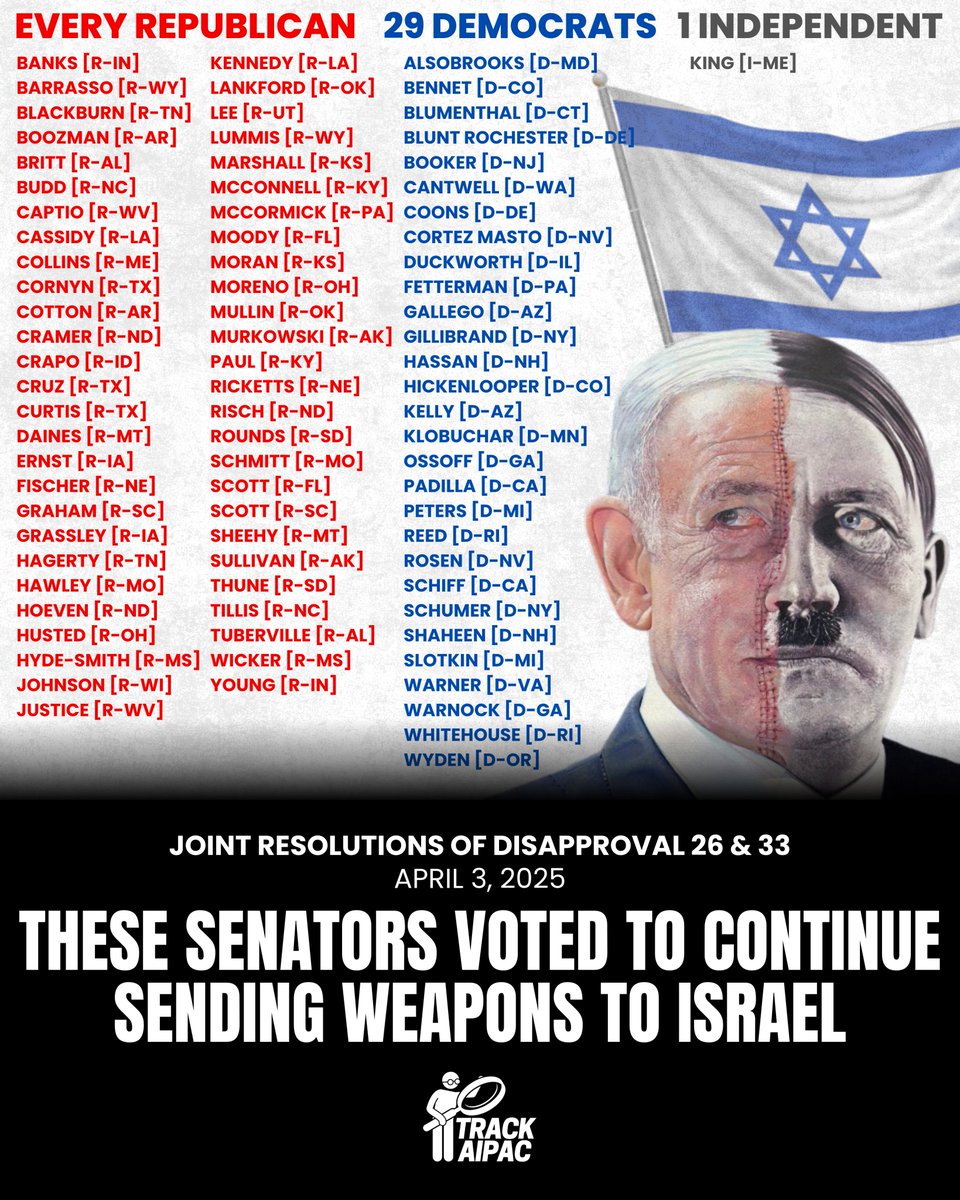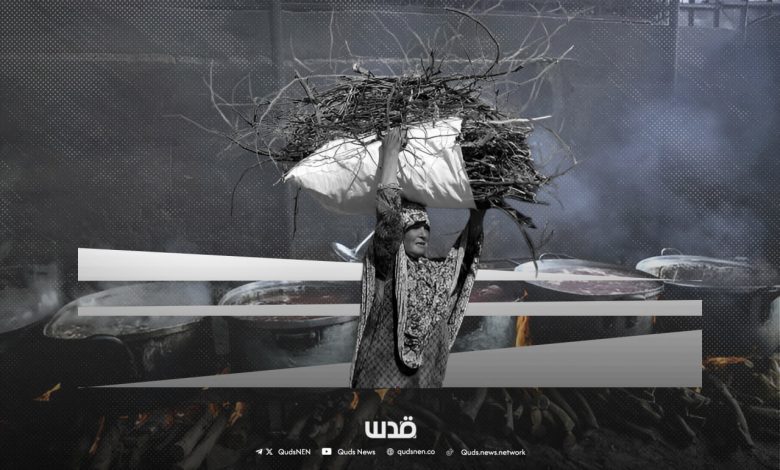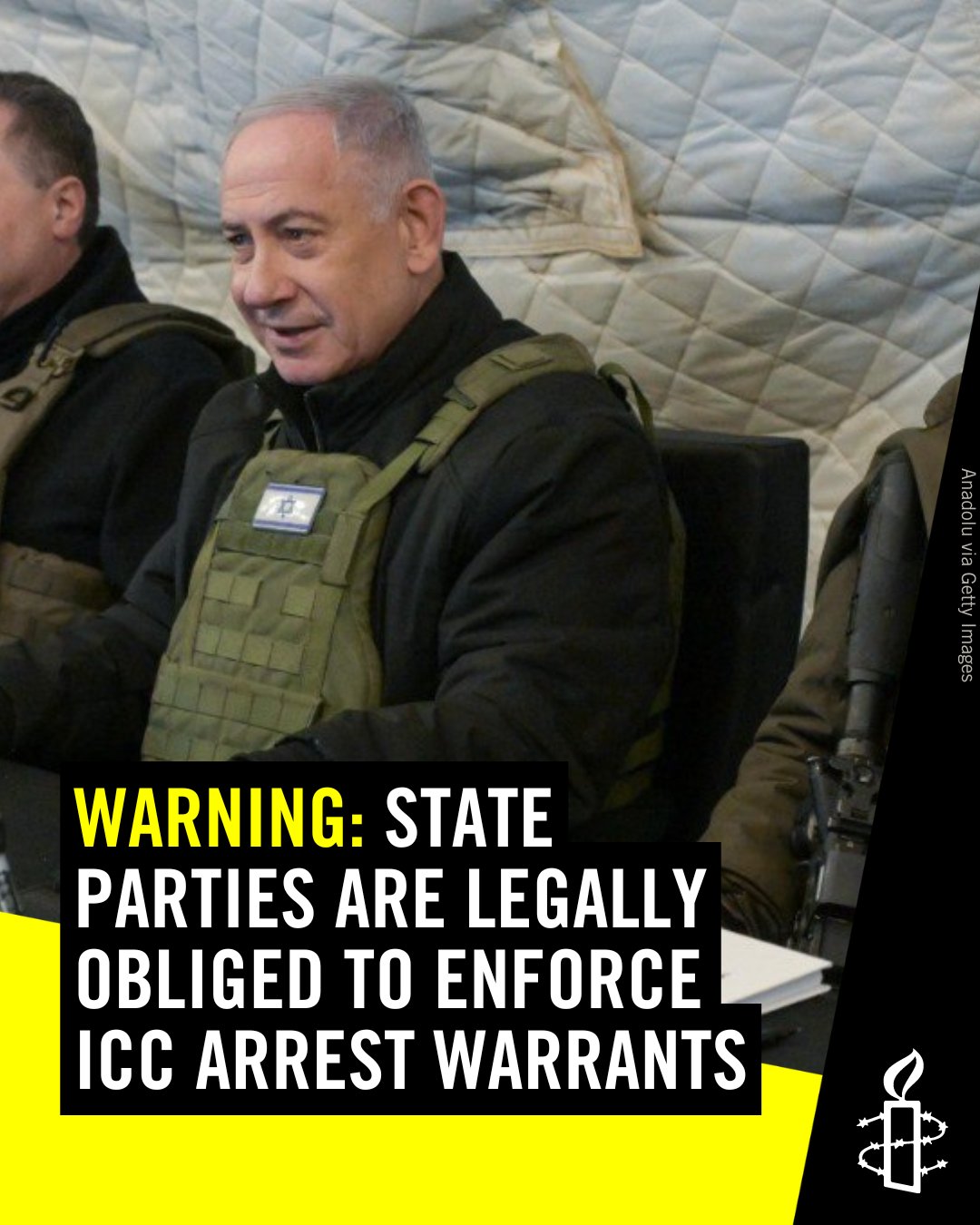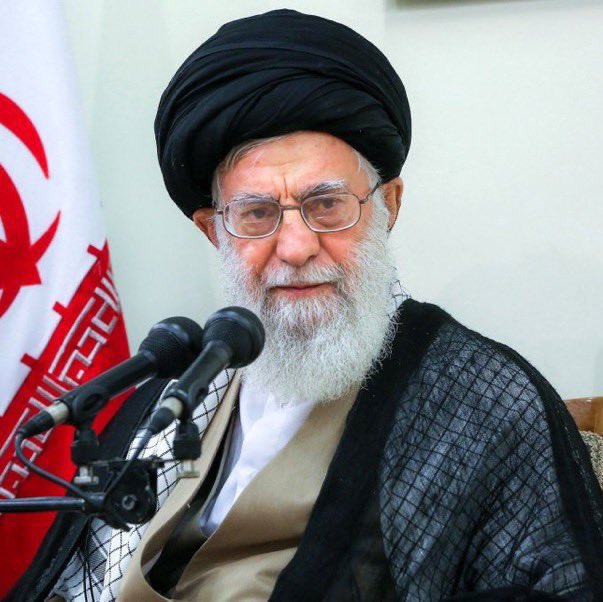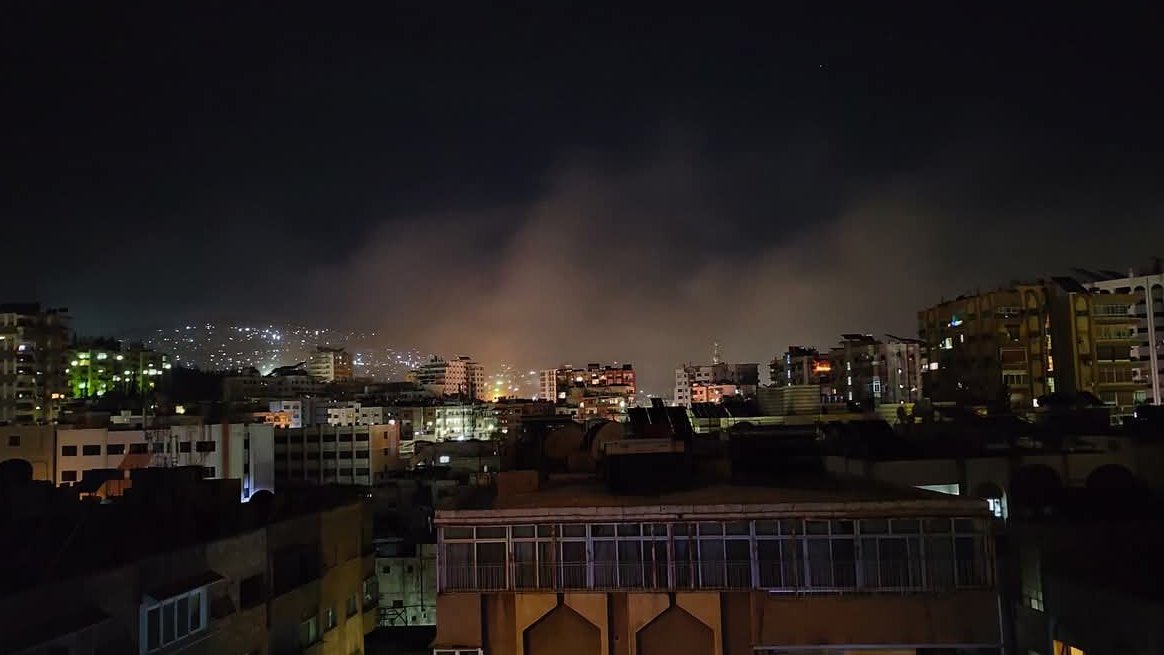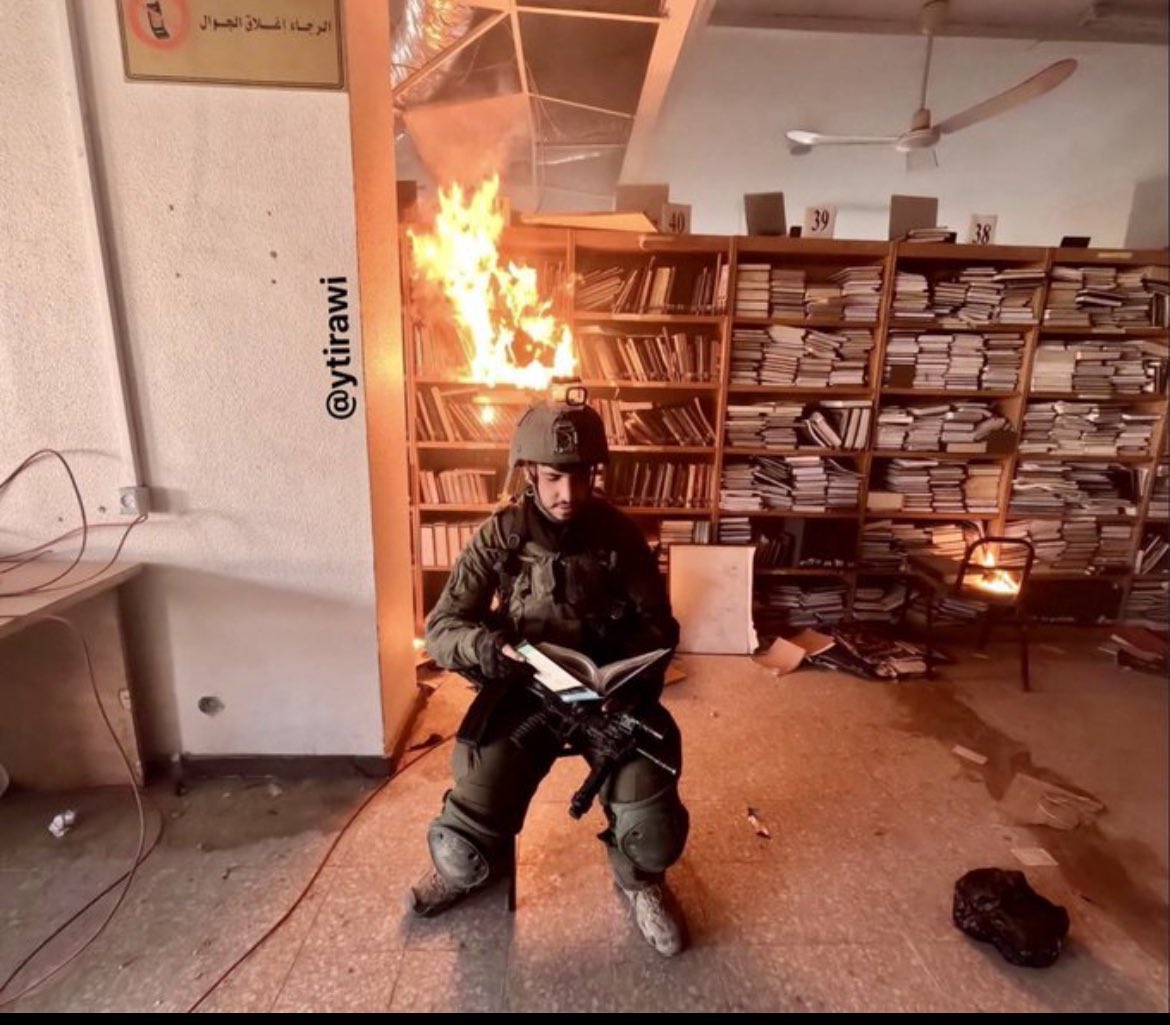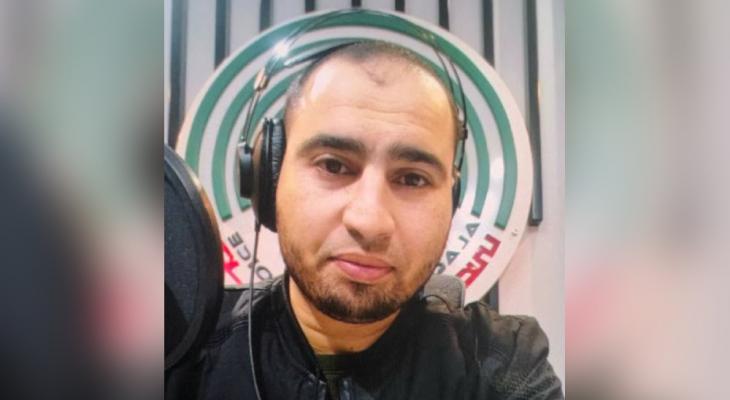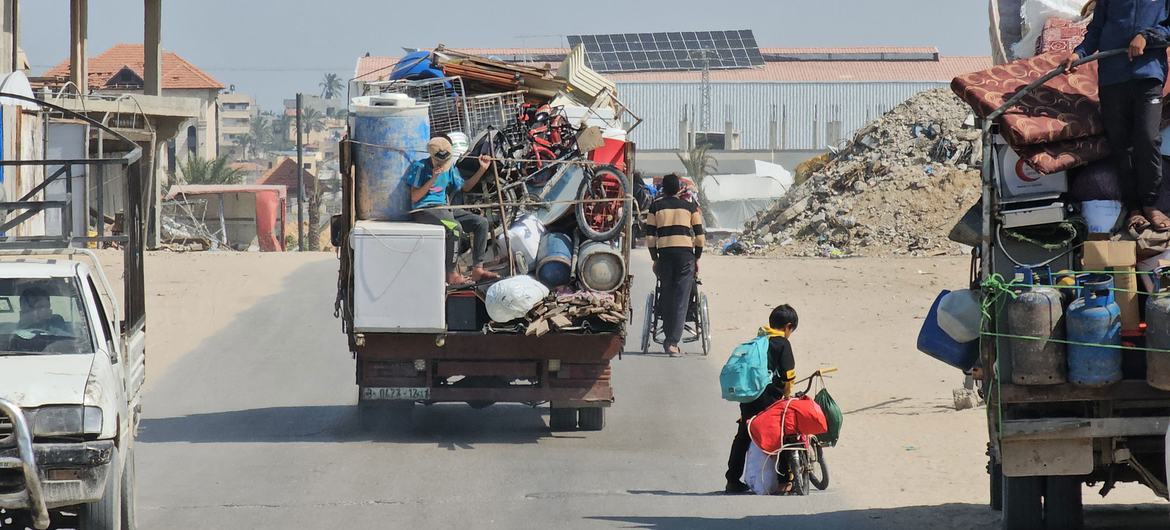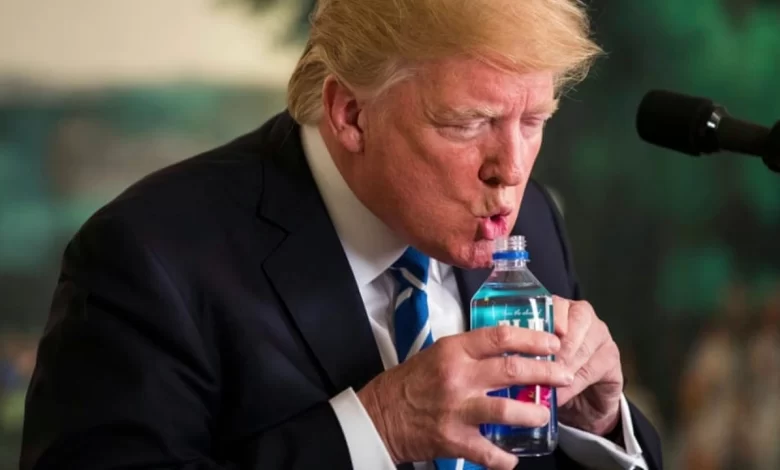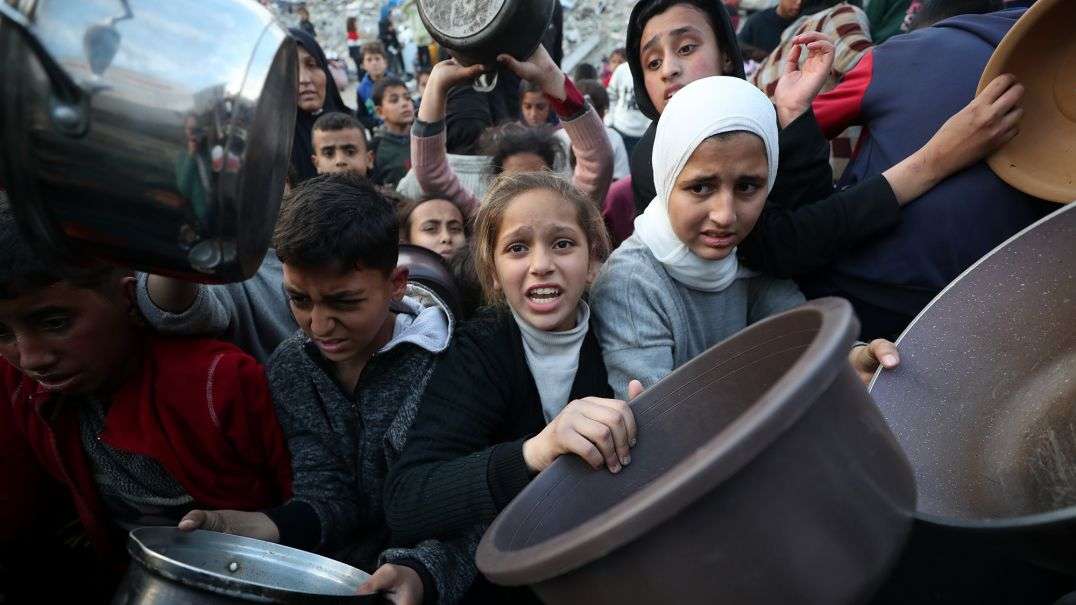Israeli Planes Bomb Baby 50 Meters Into The Sky!
An Israeli missile suddenly hurls infant Enaam, 50 meters away from her home bombed by Israeli warplanes in the northern Gaza Strip writes Jihad Oweiss in Al Jazeera.
The baby flies up into the sky and miraculously lands on a nearby mattress, as if angels carried her and lowered her onto it, protecting her from certain death. She then sustains facial burns from the explosion of the first missile.
This scene is not a cinematic one: It is a true story that happened in early April and documented by Moroccan doctor Youssef Bouabdallah on his Instagram account. He is visiting Gaza to provide medical care to the wounded.
This bloody scenario is among dozens of scenes of ongoing slaughter, expertly orchestrated by Israel and supported by the United States, which has claimed the lives of more than 50,846 martyrs and injured 115,729 since 7 October, 2023.
Flying Bodies and Remains
If the world’s ears cannot comprehend the murderous scenarios being tested by the Israeli occupation army on the residents of the besieged Gaza Strip, the Dar al-Arqam School massacre in Gaza City is proof of this, adding to the open record of genocidal crimes.
Palestinian platforms documented the horrific massacre committed by the occupation army on 3 April and what they said showed the moment the bodies of residents blown to pieces by the violent shelling of a school housing displaced persons.
The people of Gaza, especially, cannot get over the sight of bodies being blown apart by the bombing, asserting what they are experiencing is not a war, but “a slow annihilation in which the apocalypse is being perpetrated on earth, without accountability, scale, or justice. While bodies are being torn apart and souls are being scattered, the world is content to count and remain silent.”
To emphasize this, activist Ahmed Al-Khalidi addresses “the complacent” who are surprised by the evacuations of Gaza’s residents by the bombing. He recounts some of the stories of those whose bodies were blown to the top of nearby buildings, those whose remains disappeared and were scattered into the unknown, those who were completely annihilated, and those who were blown away but survived.

Al-Khalidi says in his post: “We found the remains of our neighbors in our house after their six-story home was bombed. The explosion scattered everything: bodies, rubble, and memories.”
He adds: “I once asked a friend who was rescued alive from under the rubble of his house, ‘How did it feel?’ He replied, ‘When the missile exploded, I felt like I’d fallen into a deep hole, spinning violently, but I emerged alive and well.'” He confirms that the same person was later martyred along with his wife and children in a separate bombing.
Psychologist Dr. Saeed Al-Kahlout adds to similar stories, saying: “My martyred sister’s body flew away in one bombing, passing over two buildings and a street, while her husband was found two days later in a nearby neighborhood.”
He continues in a Facebook post: “At the beginning of the war, following a bombing on our neighbors’ house, the neighborhood residents found the body of a martyr, still lying on her bed, on the fifth floor of a building adjacent to the blind martyr’s house. People explained the event by saying, ‘Angels carried her and fled with her to a safe place. She was sound asleep.'”
The new phase of the Israeli war, since its resumption on 18 March, appears to be more bloody and criminal. The occupation army has killed 1,482 Palestinians and injured 3,688, according to data from the Ministry of Health in Gaza.
Gaza residents are witnessing more intense bombardment and a more intense rate of killing, as if the Israeli occupation army is using the Strip as a testing ground for its lethal military weapons, following its violation of the ceasefire agreement concluded with the resistance last January.
Al-Kahlout links the scenes of bodies of martyrs flying to the violent bombardment, saying: “The force of the explosions we are witnessing in this war makes me say that bodies are trying to save themselves by fleeing, even if they fly outside the circle of fire, to escape the hell… The sound of the explosion is as if the sky has split open in its wrath, shaking the ground beneath our feet and deafening our ears until we hear nothing but the howling of fear inside our heads.”
Fear and Panic
Blogger Abu Ghaith Yaghi calls on the world to talk about “dying Gaza” and the difficult nights the residents are experiencing, while “Israel is testing new types of bombs and missiles.”
While activist Mohammed Al-Akashiya asks on his account, “What are they (the occupation) throwing at us?” due to the sounds of shelling reverberating throughout the area, another asserts that the wave of explosions and shelling is terrifying and unprecedented.
Activist Mohammed Haniyeh believes that most of the missiles used after the renewed genocide are different from those before, and have a massive blast wave. He adds: “We now hear the echo of the explosion for a longer period of time. It doesn’t stop instantly, but rather the sound seems to extend and spread, coinciding with earthquakes that last for seconds.”

 Trump Slams Door on Netanyahu
Trump Slams Door on Netanyahu Ottoman Painting Fetches $1.3 Million in London
Ottoman Painting Fetches $1.3 Million in London Hamas Welcomes New Pope in Rome
Hamas Welcomes New Pope in Rome What Does Trump Want to do About Gaza?
What Does Trump Want to do About Gaza?